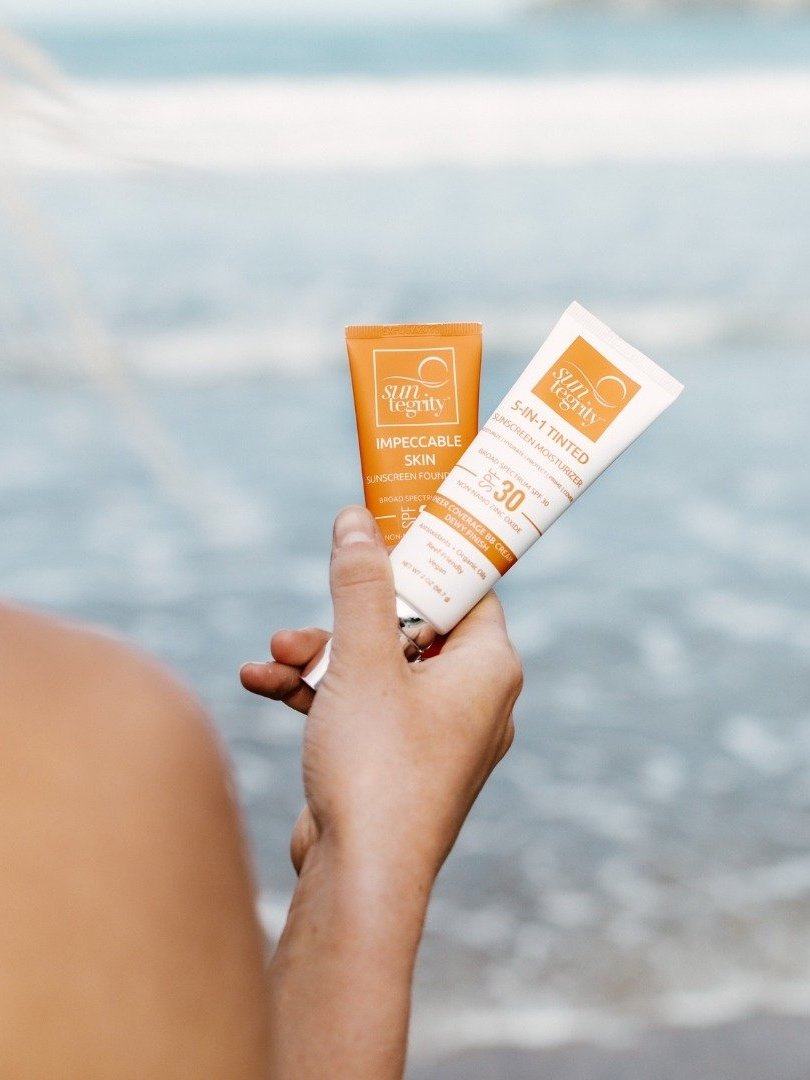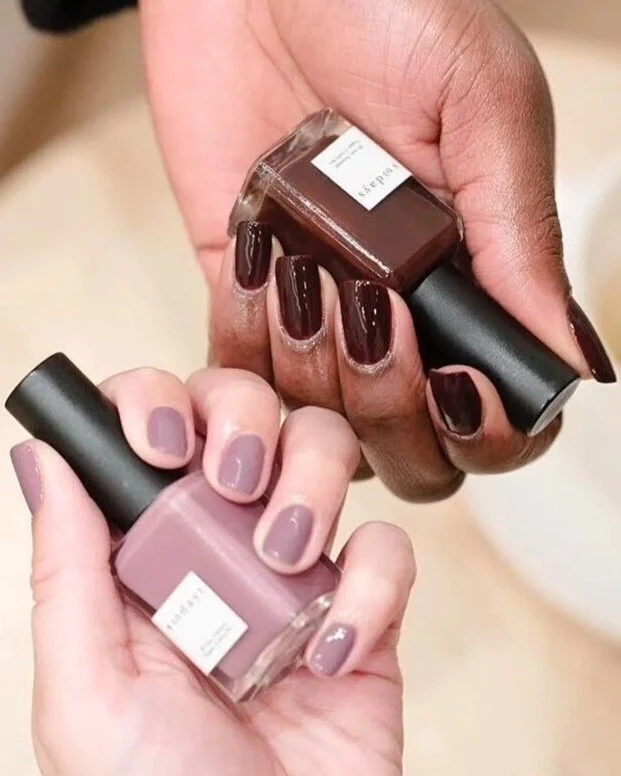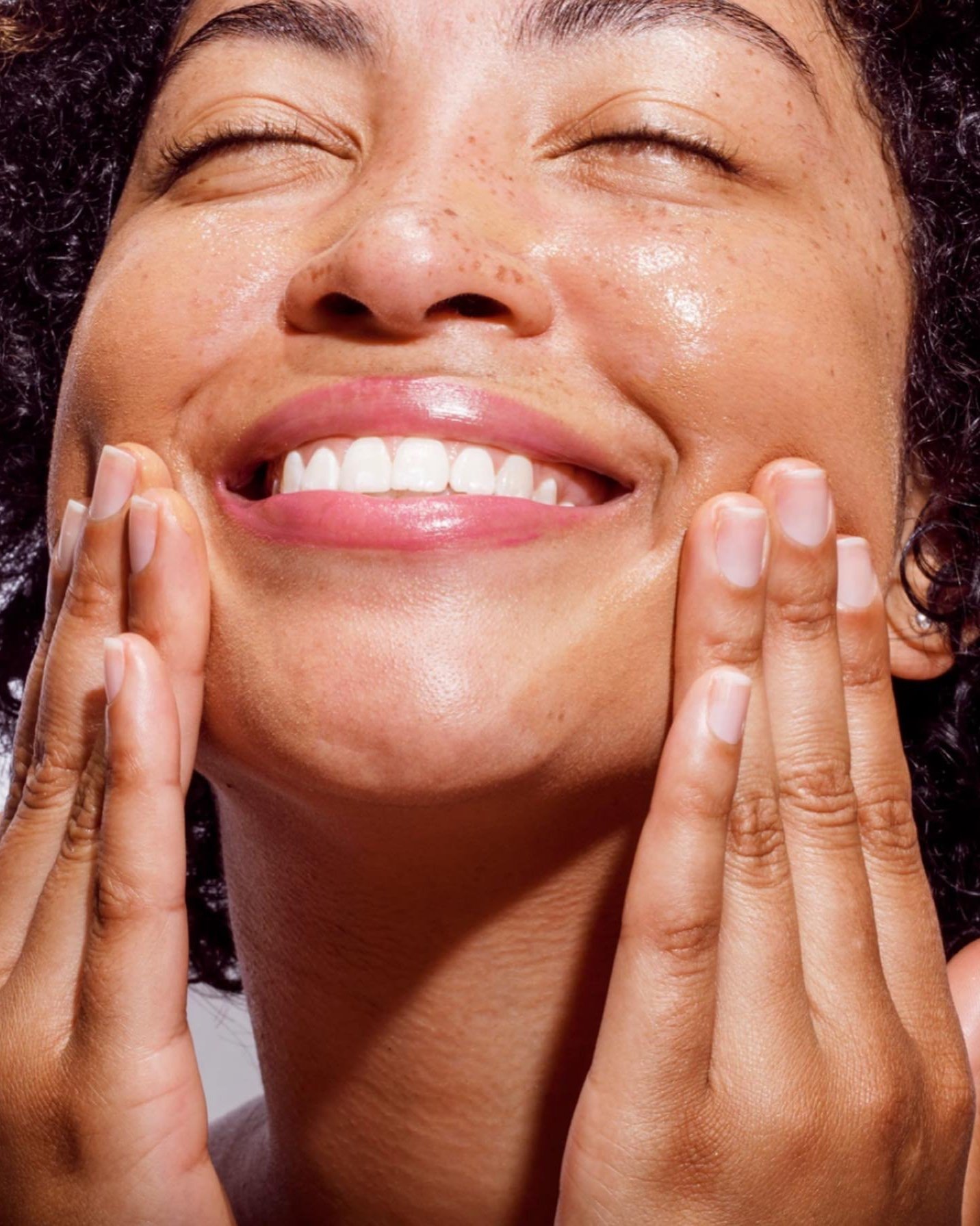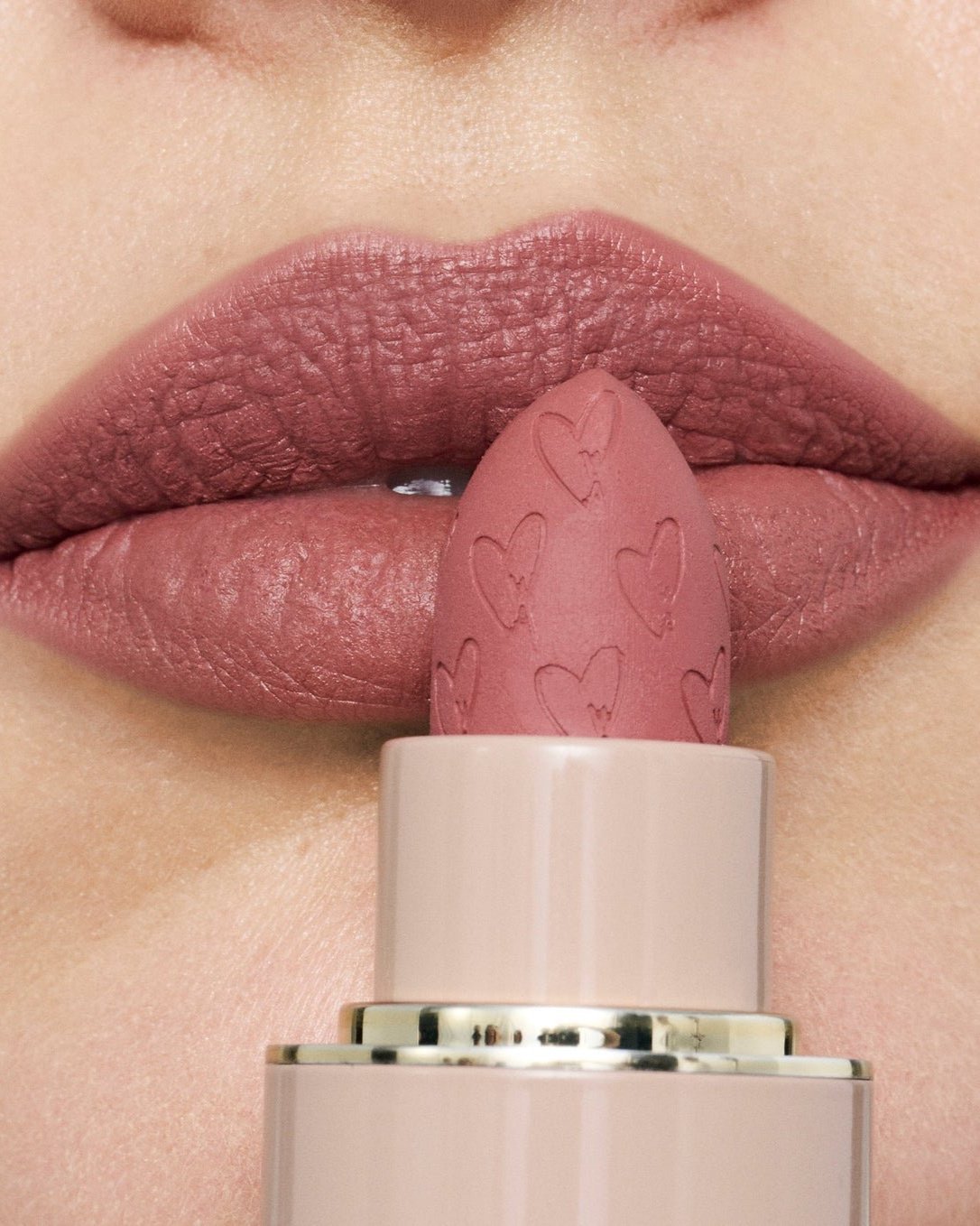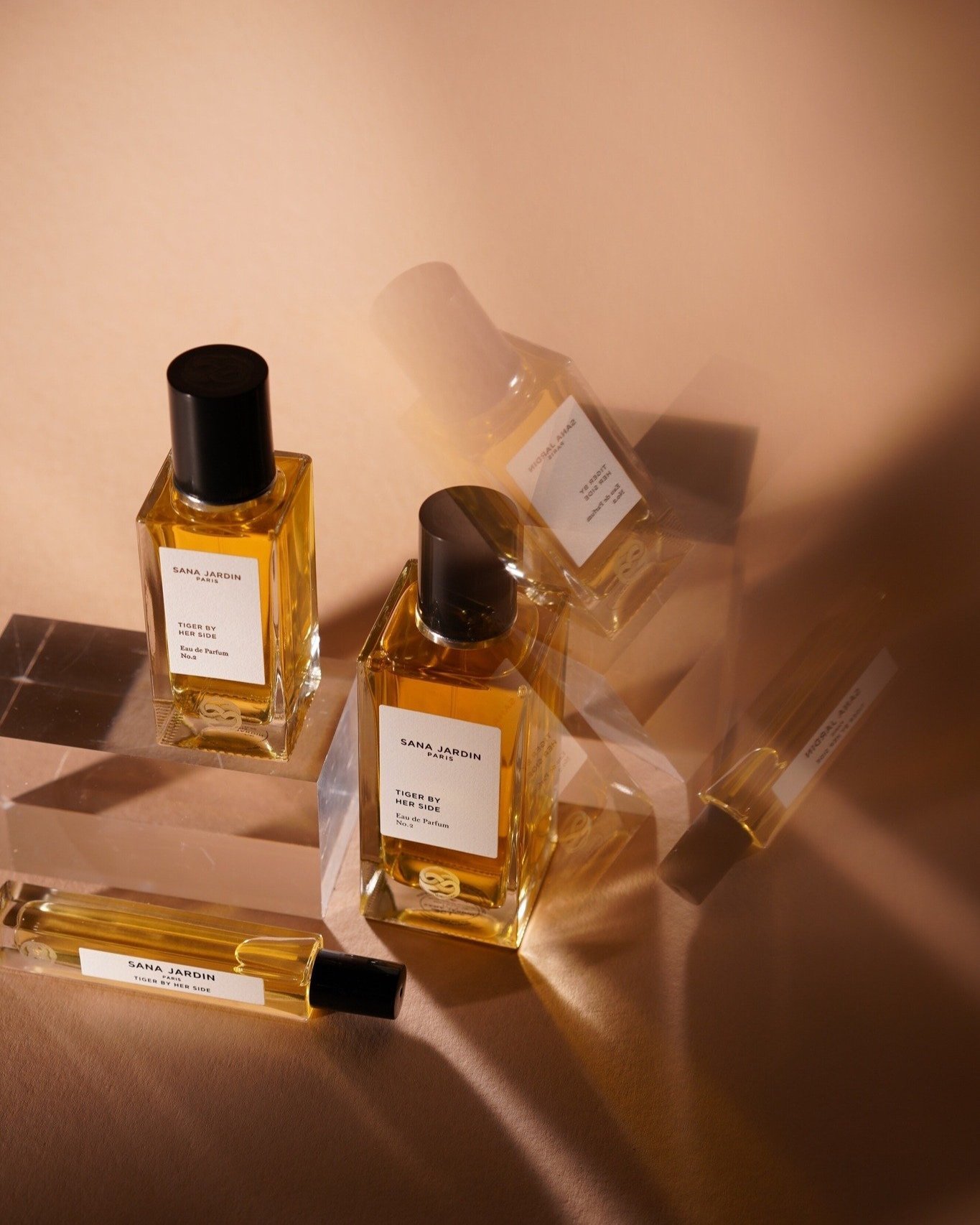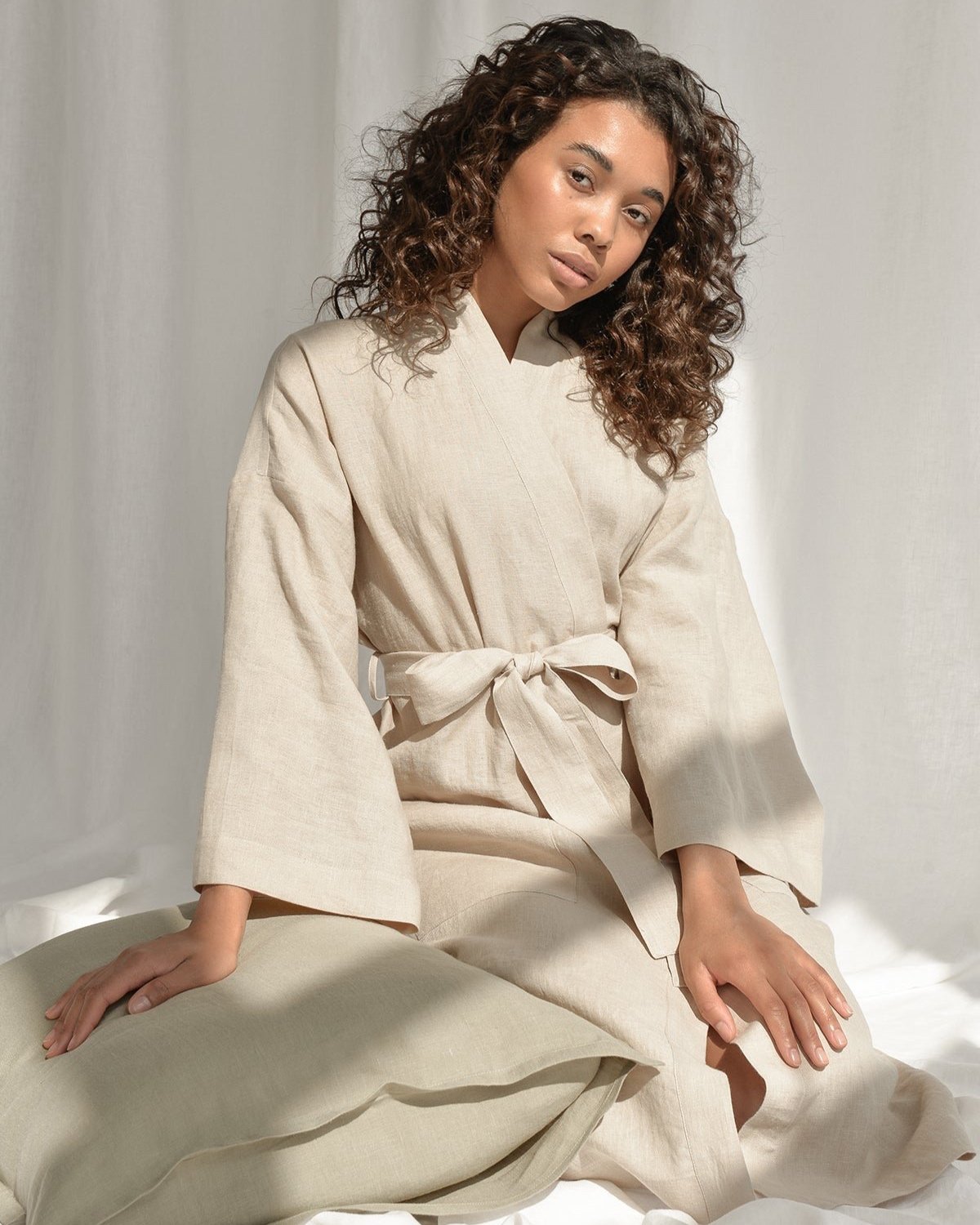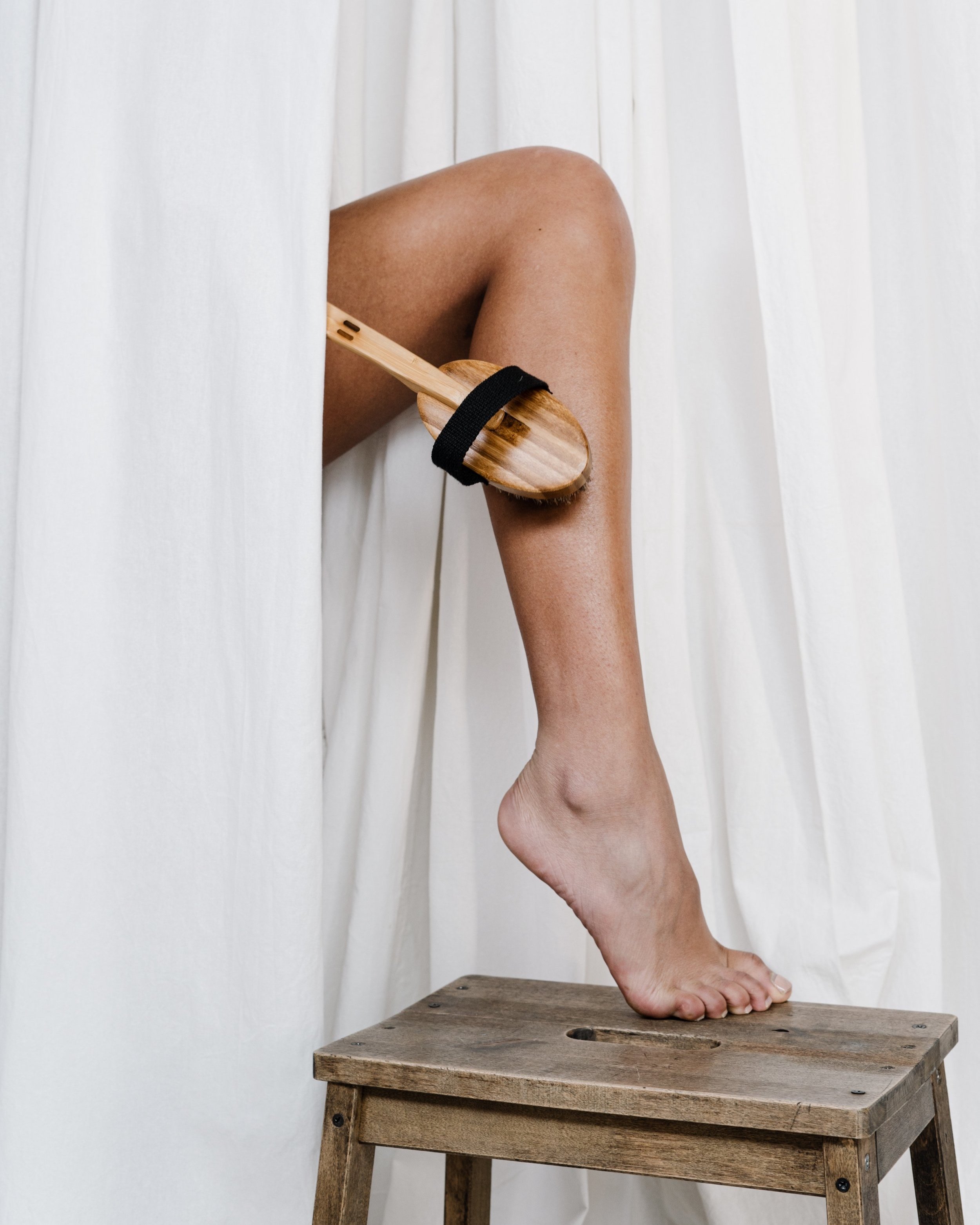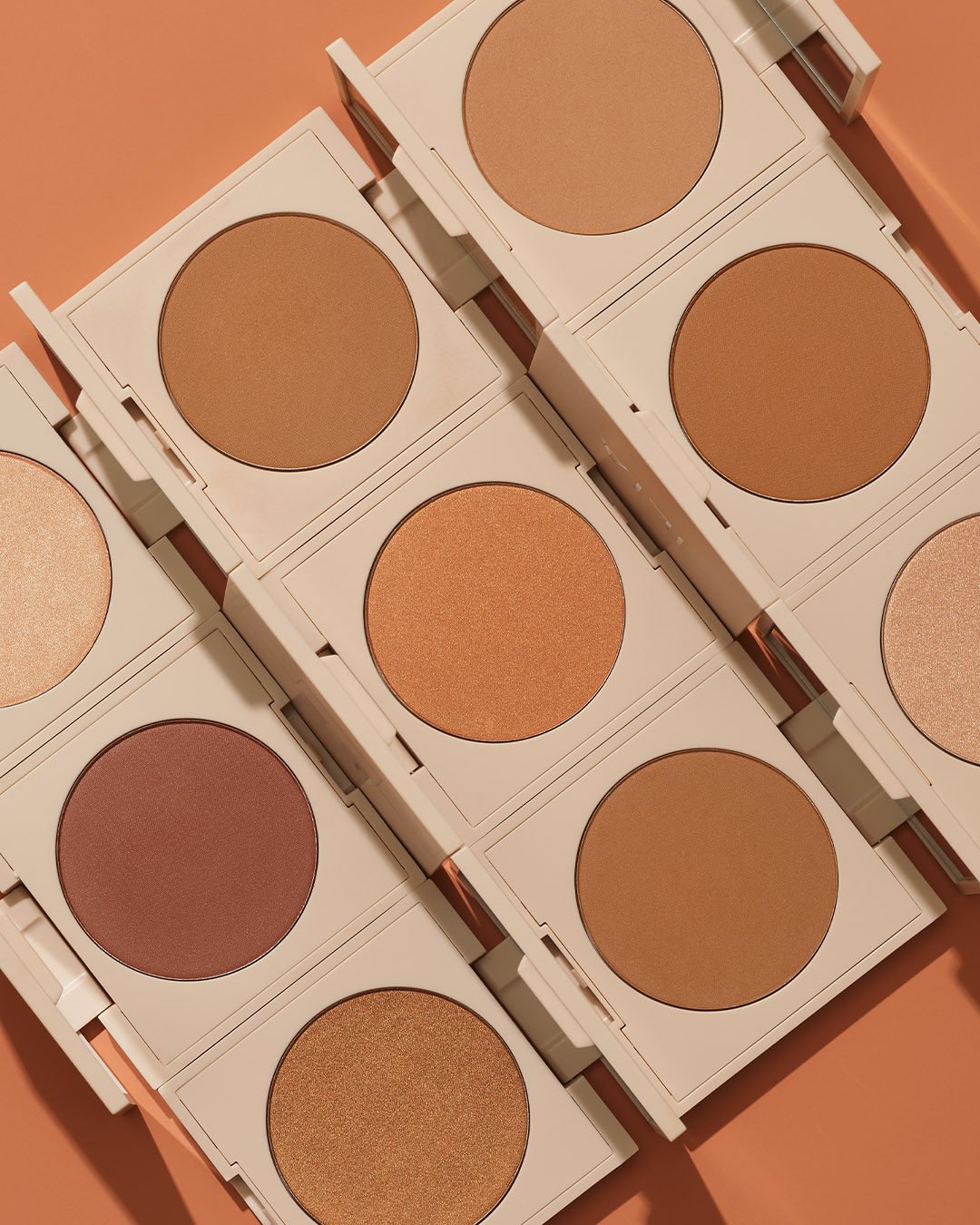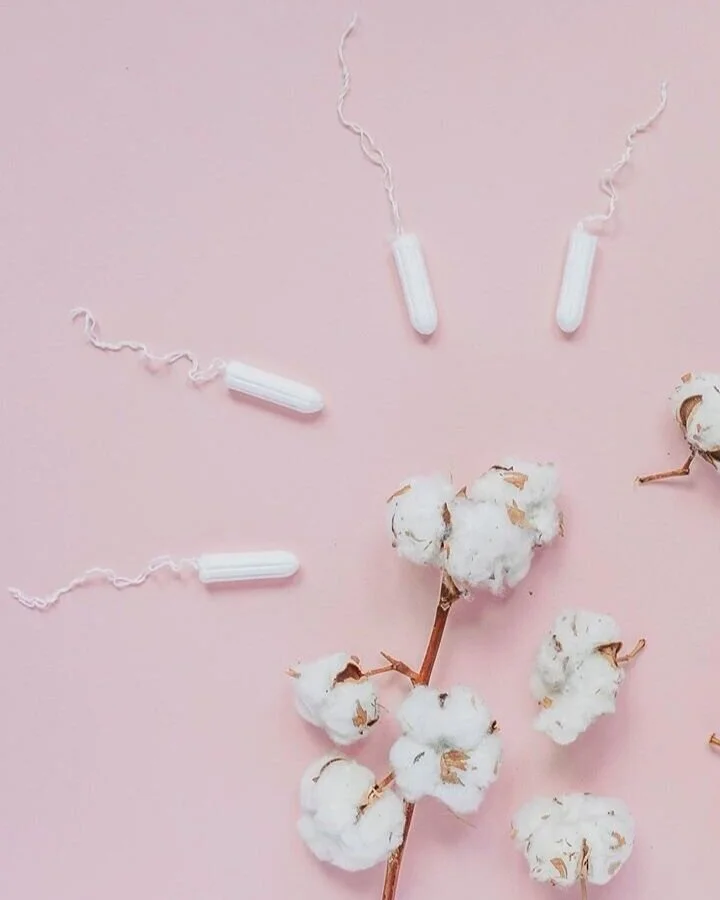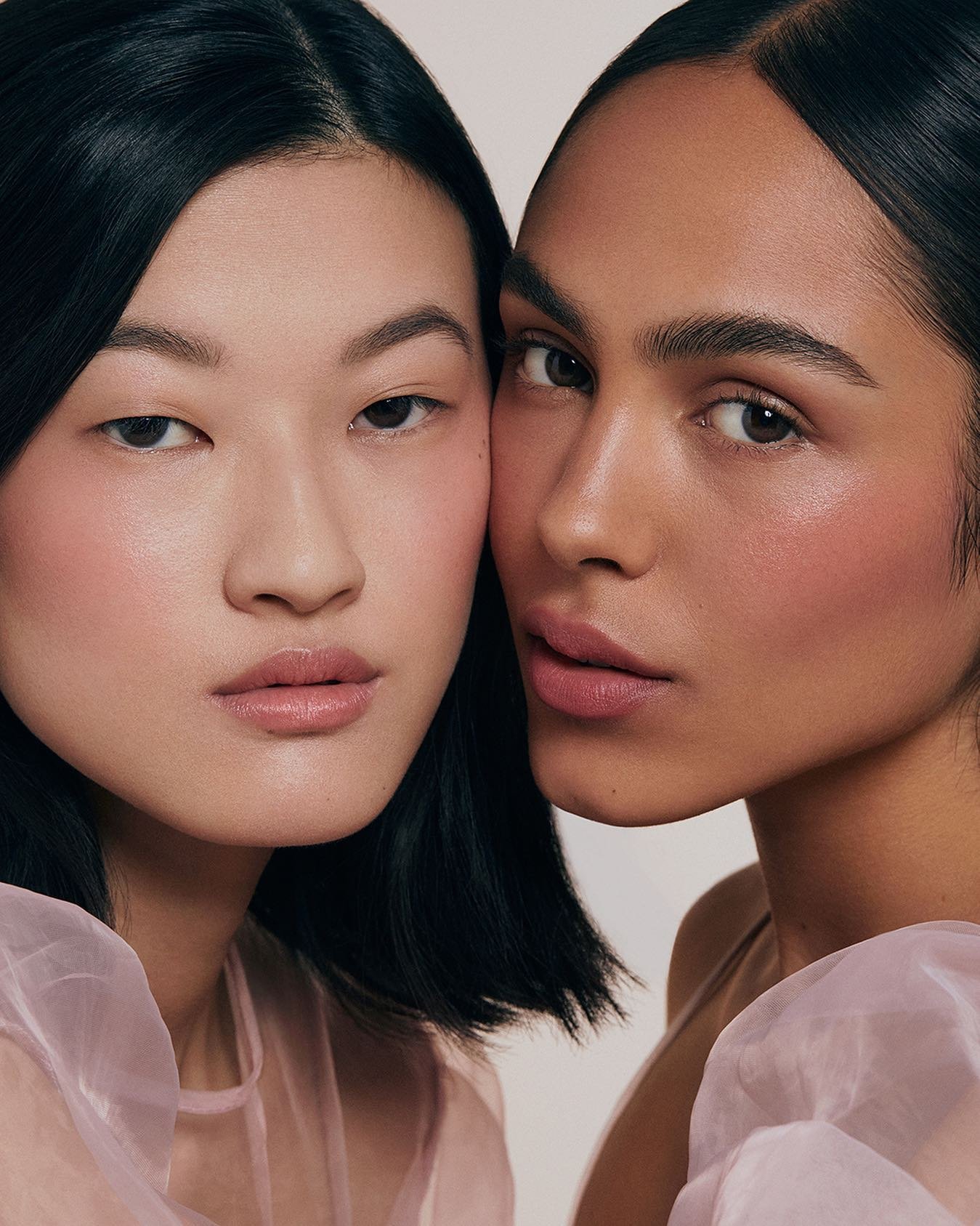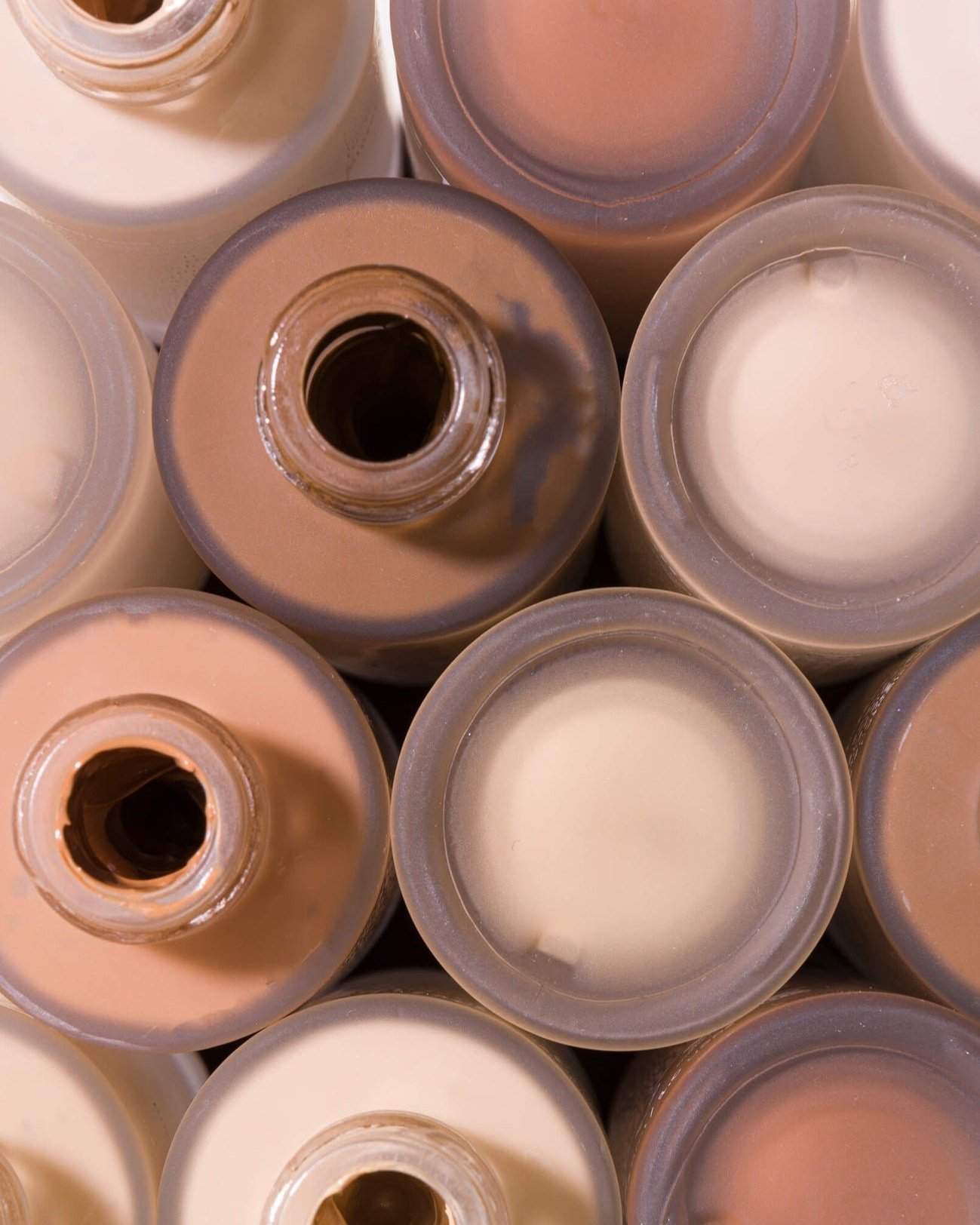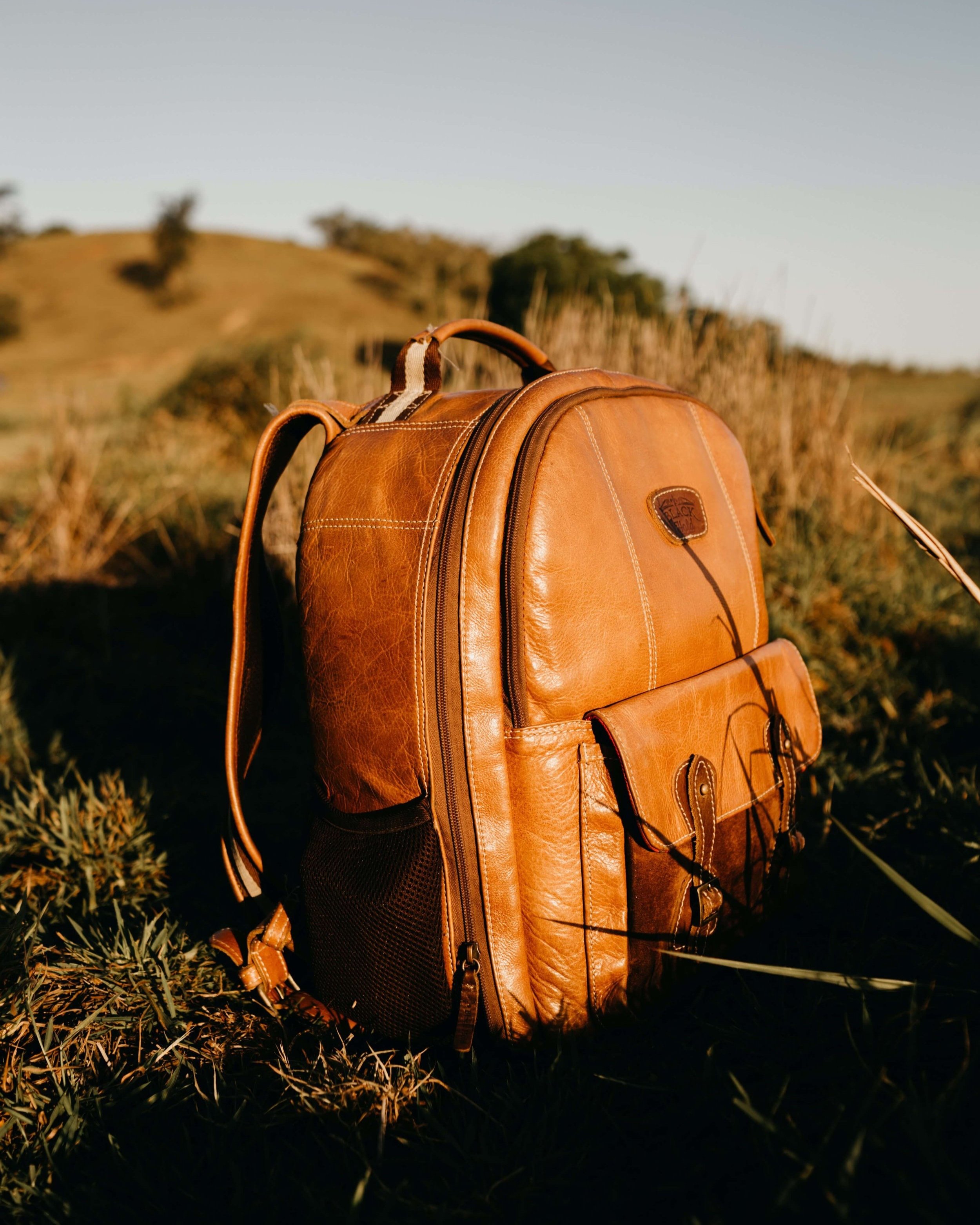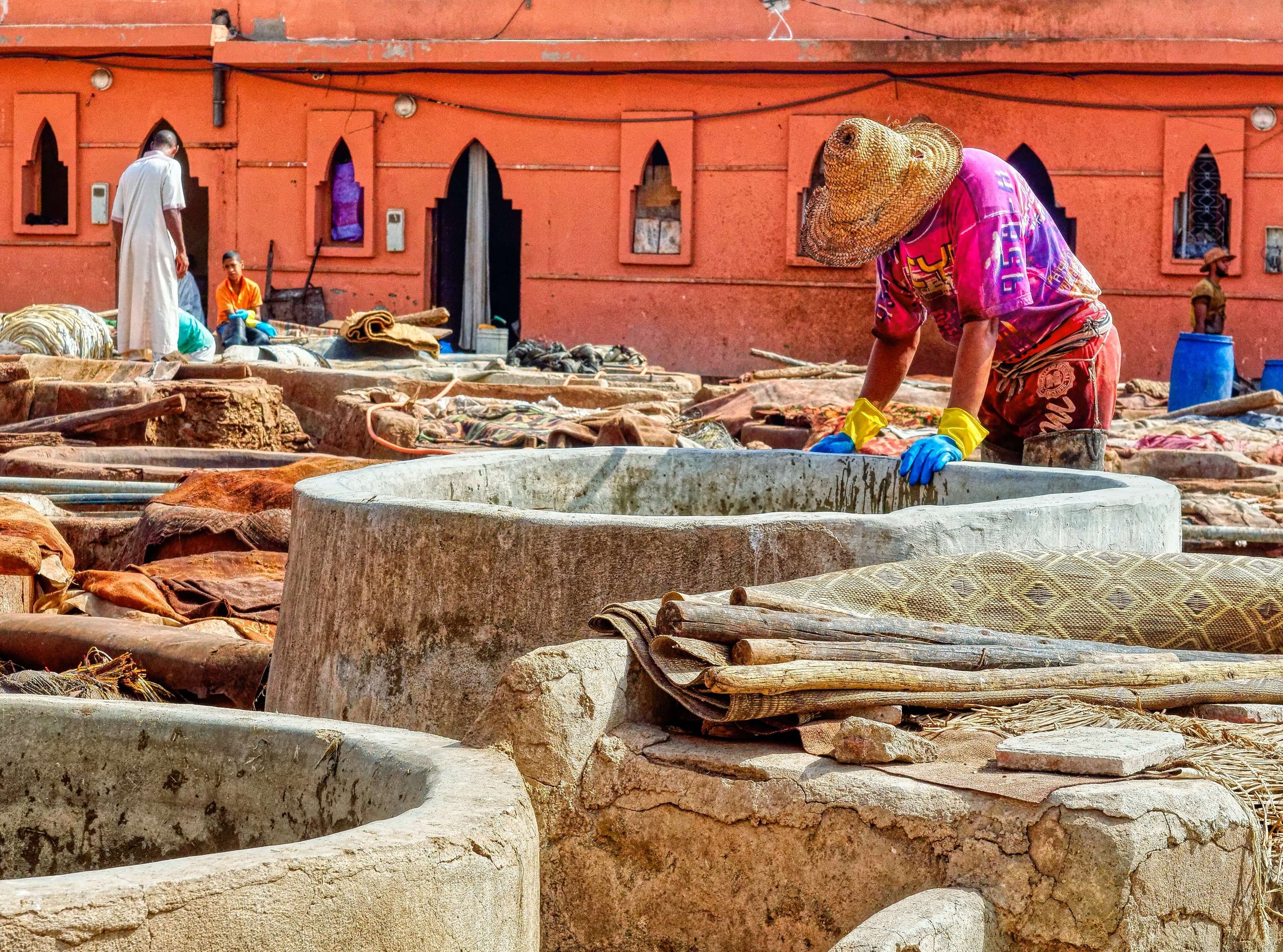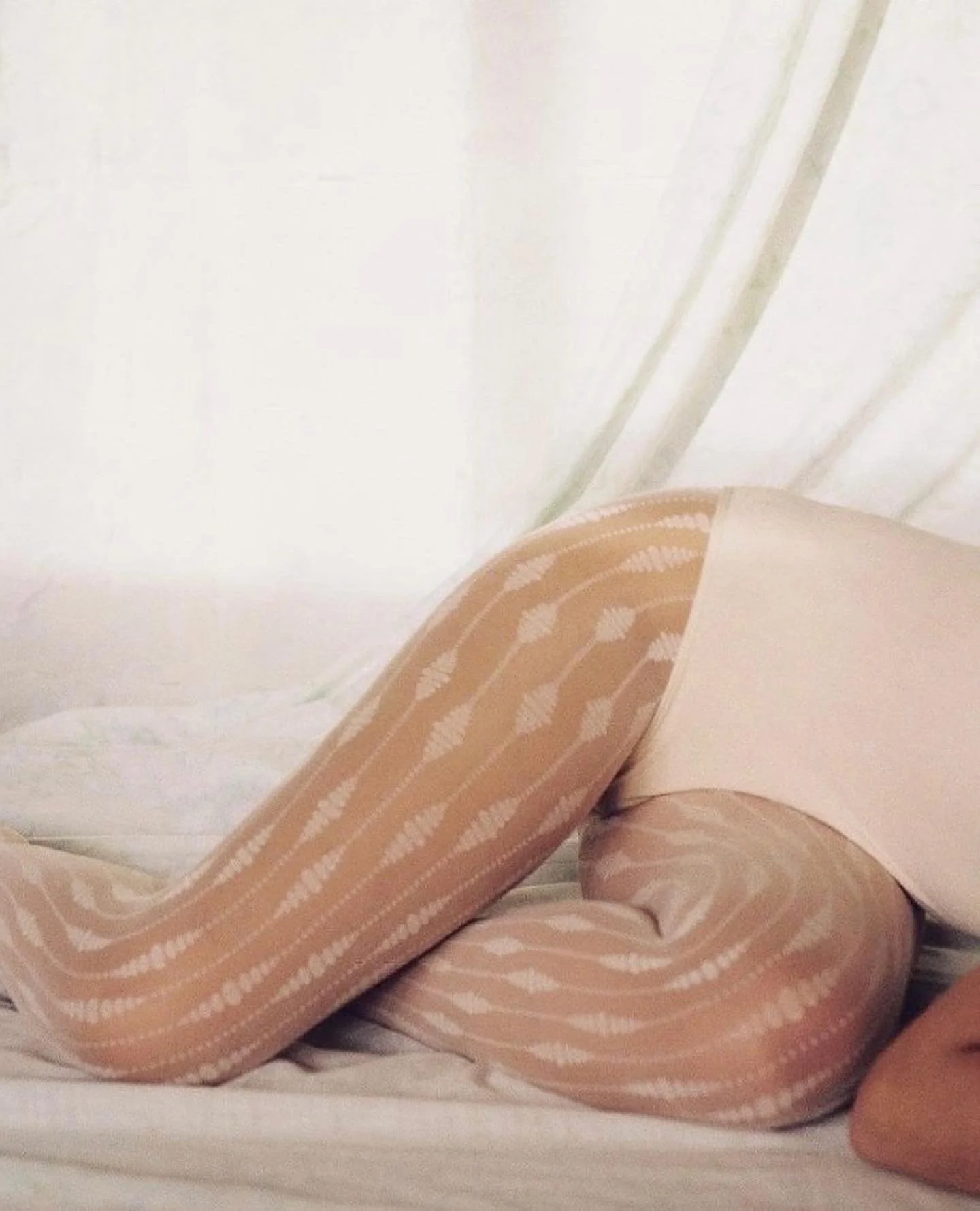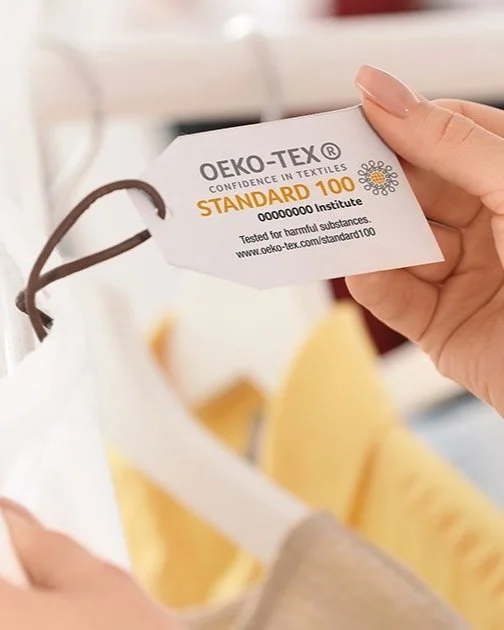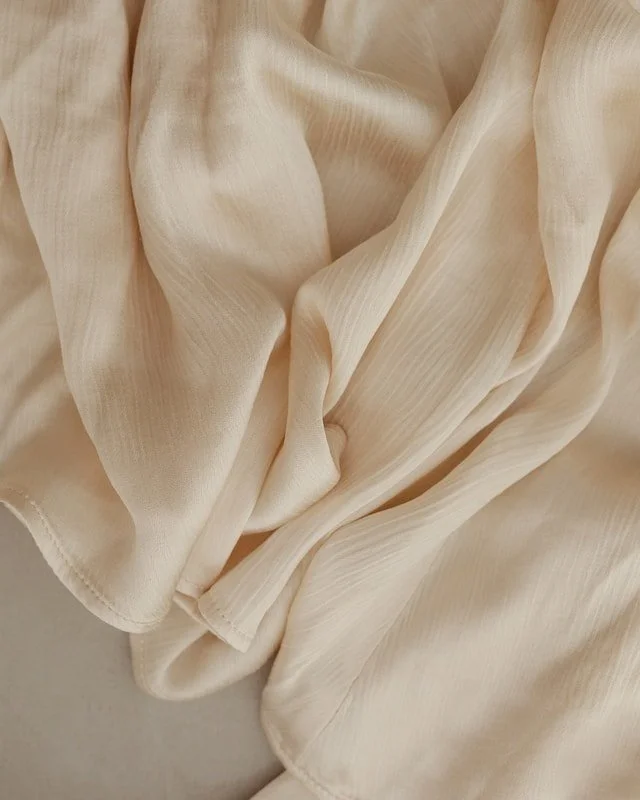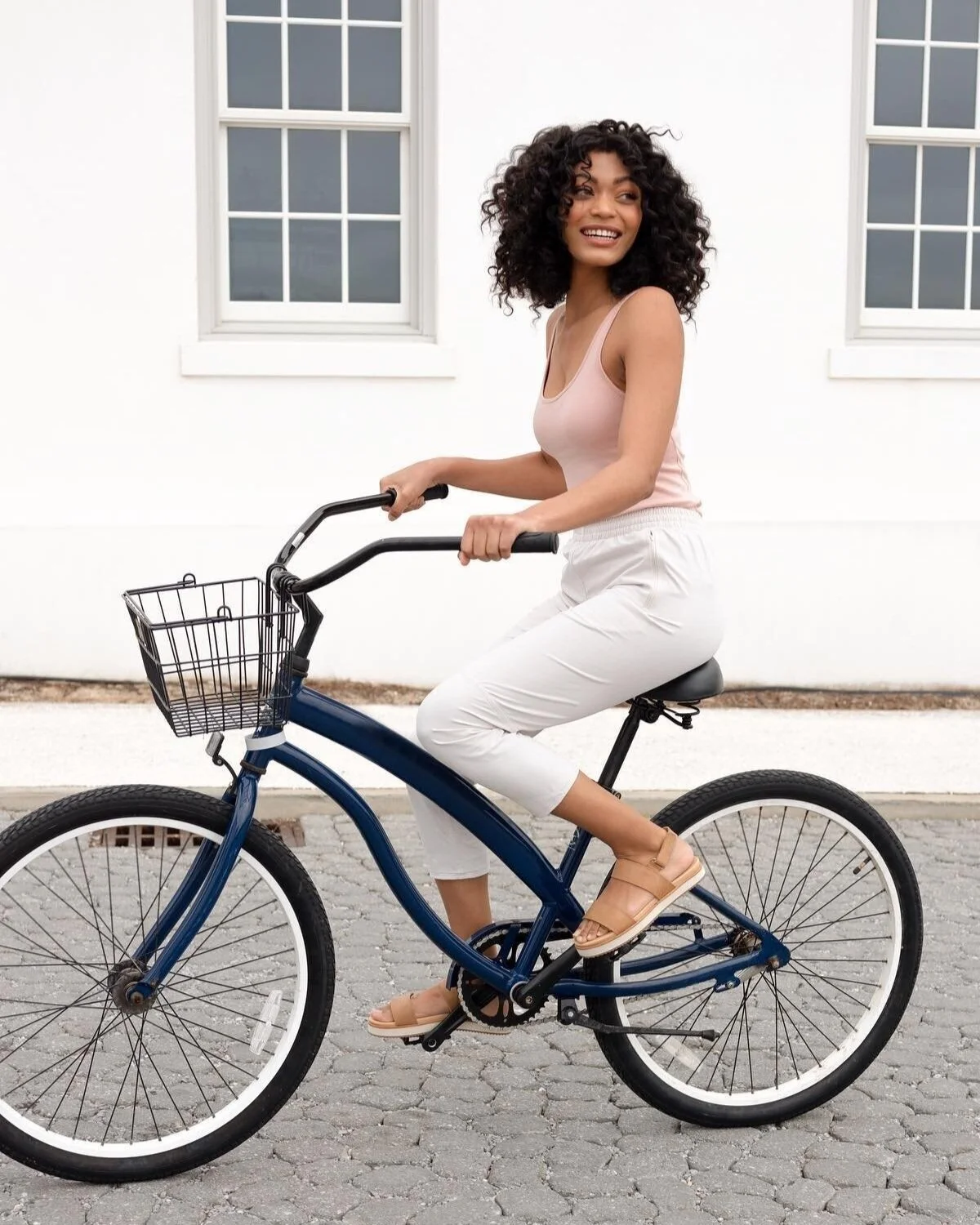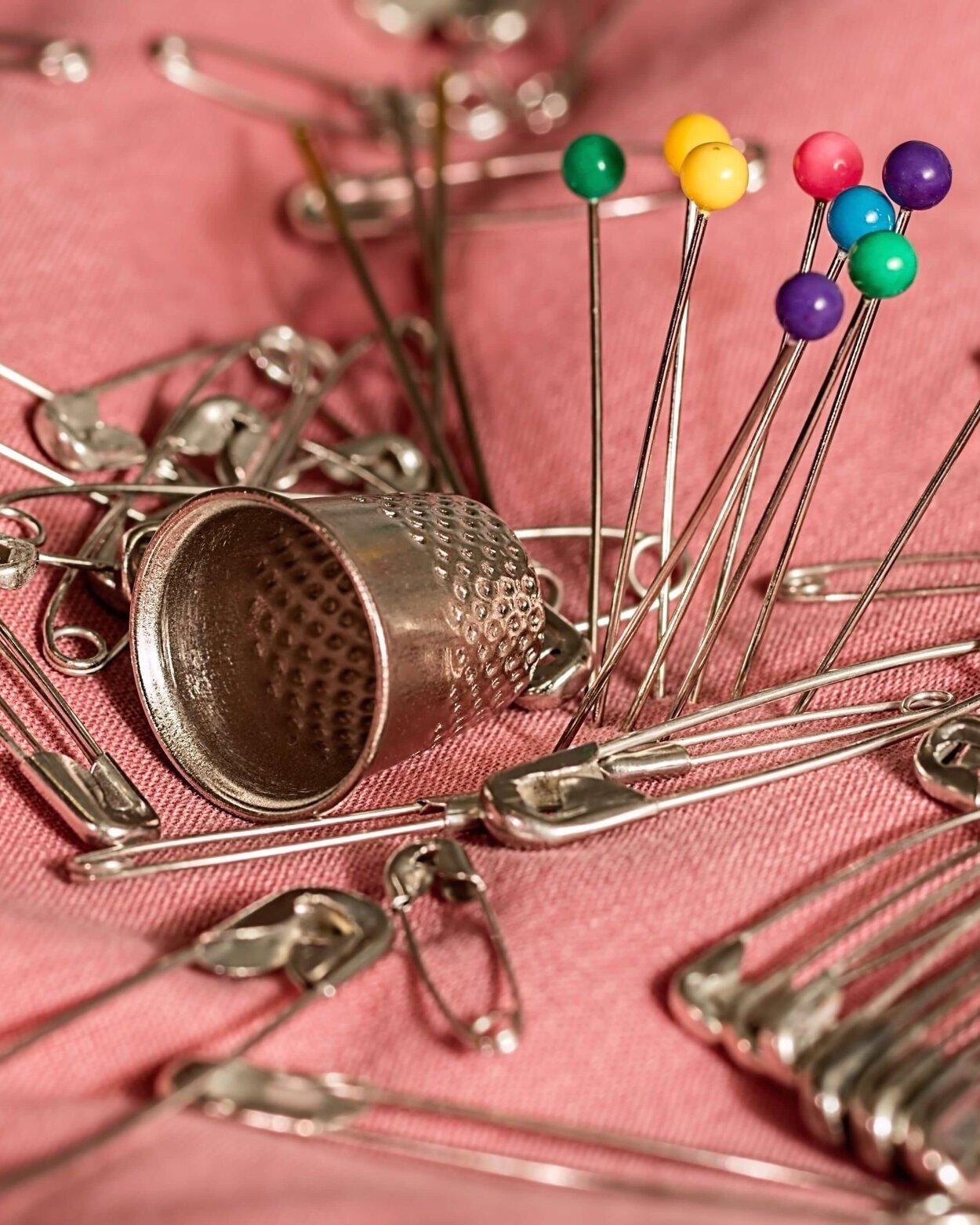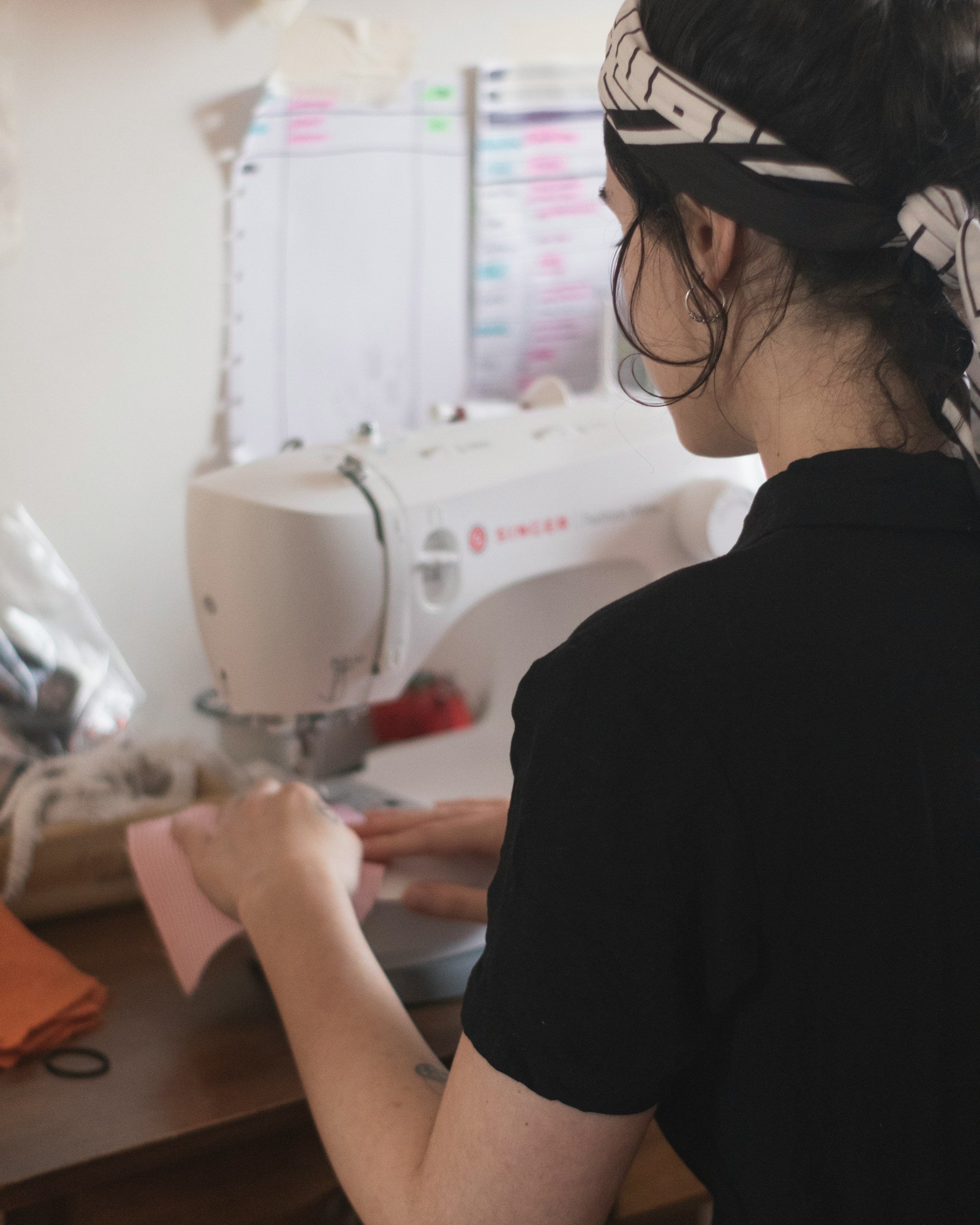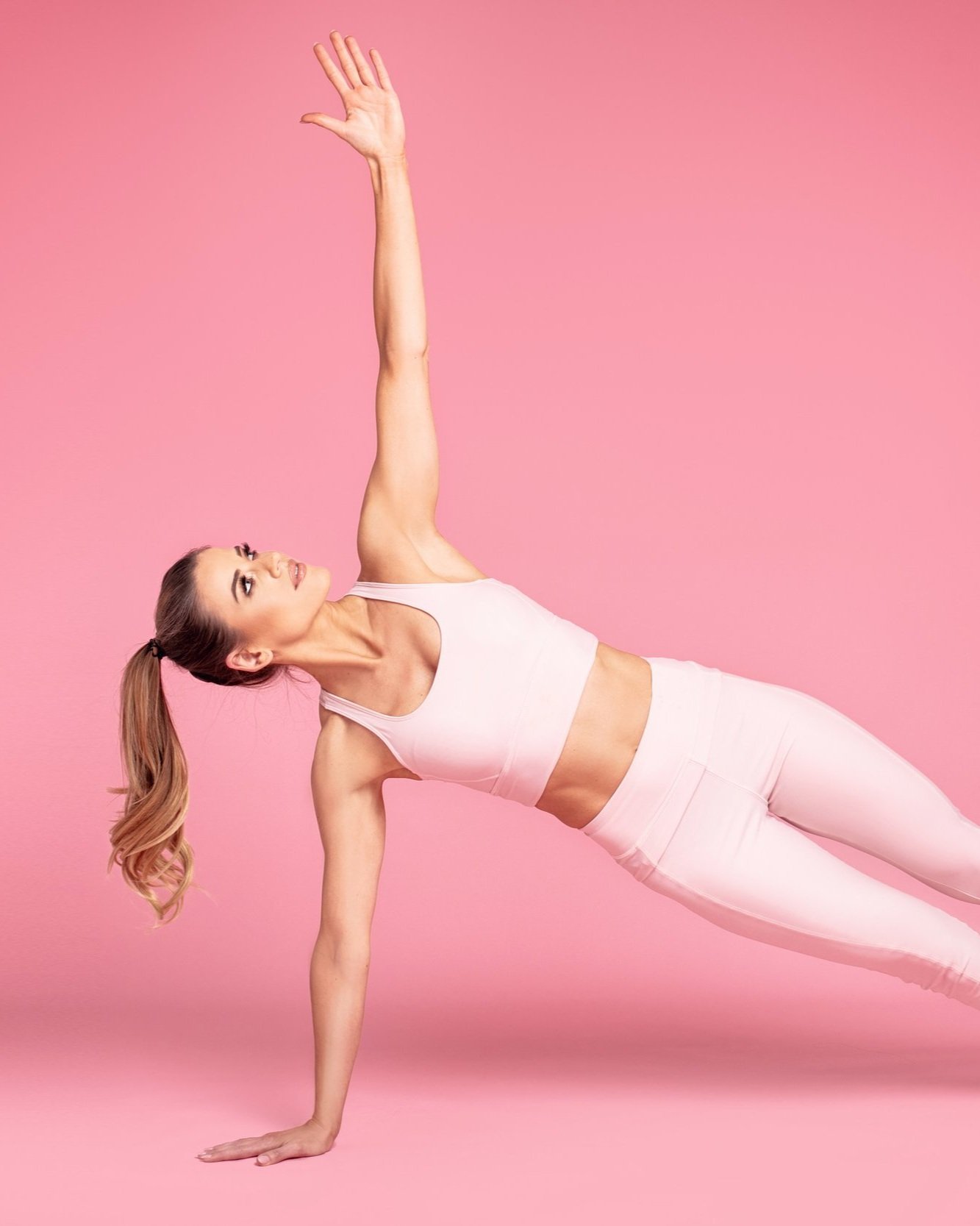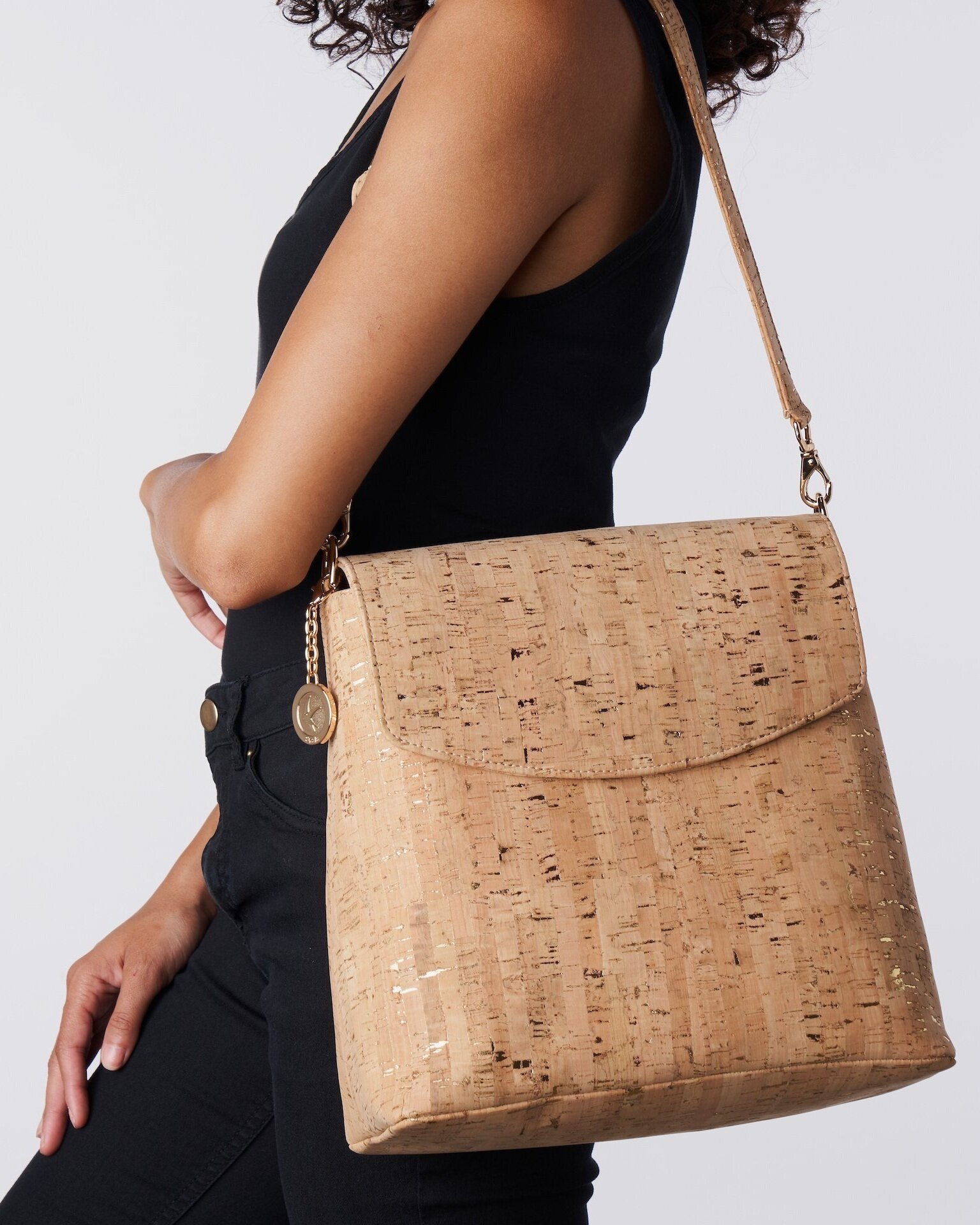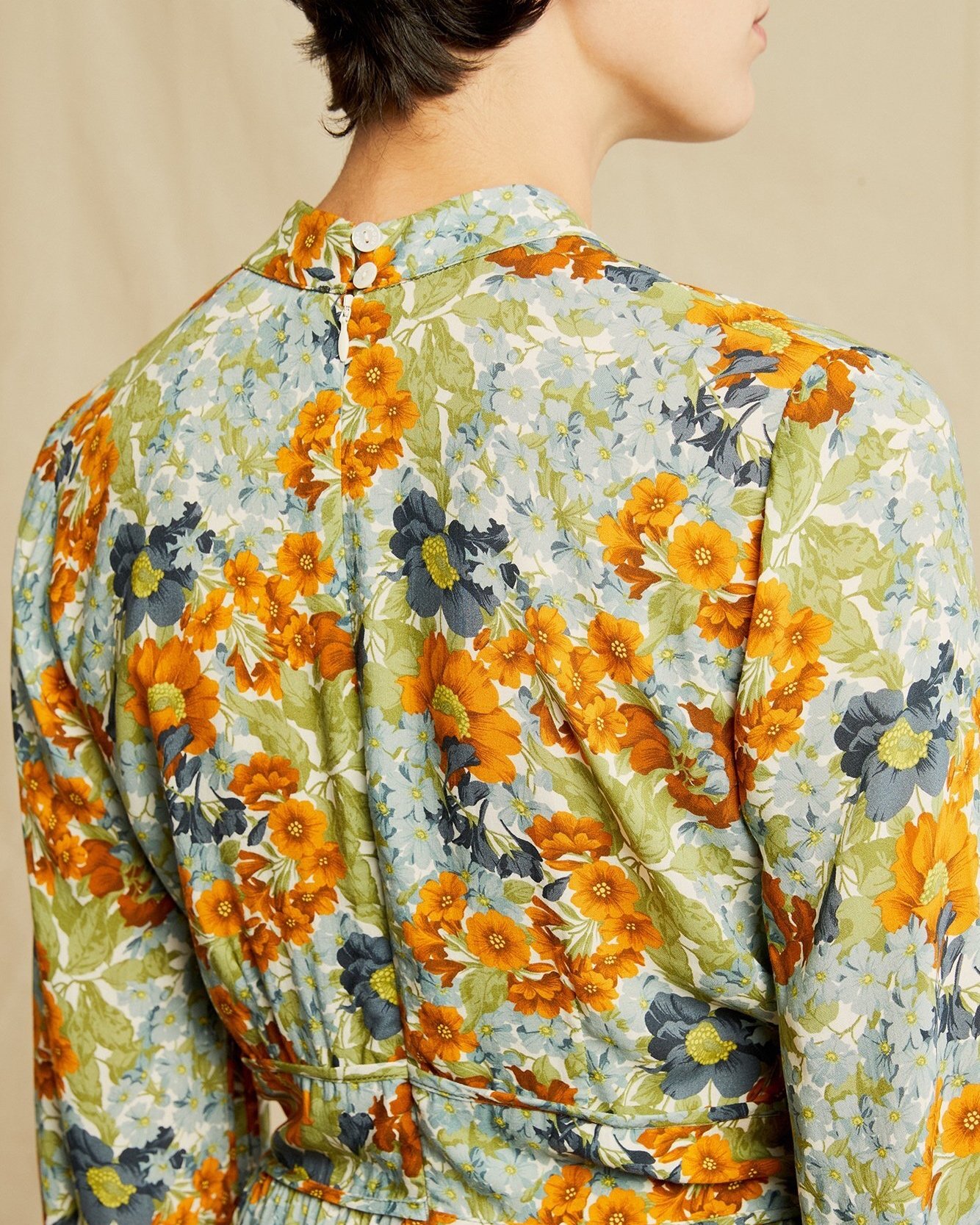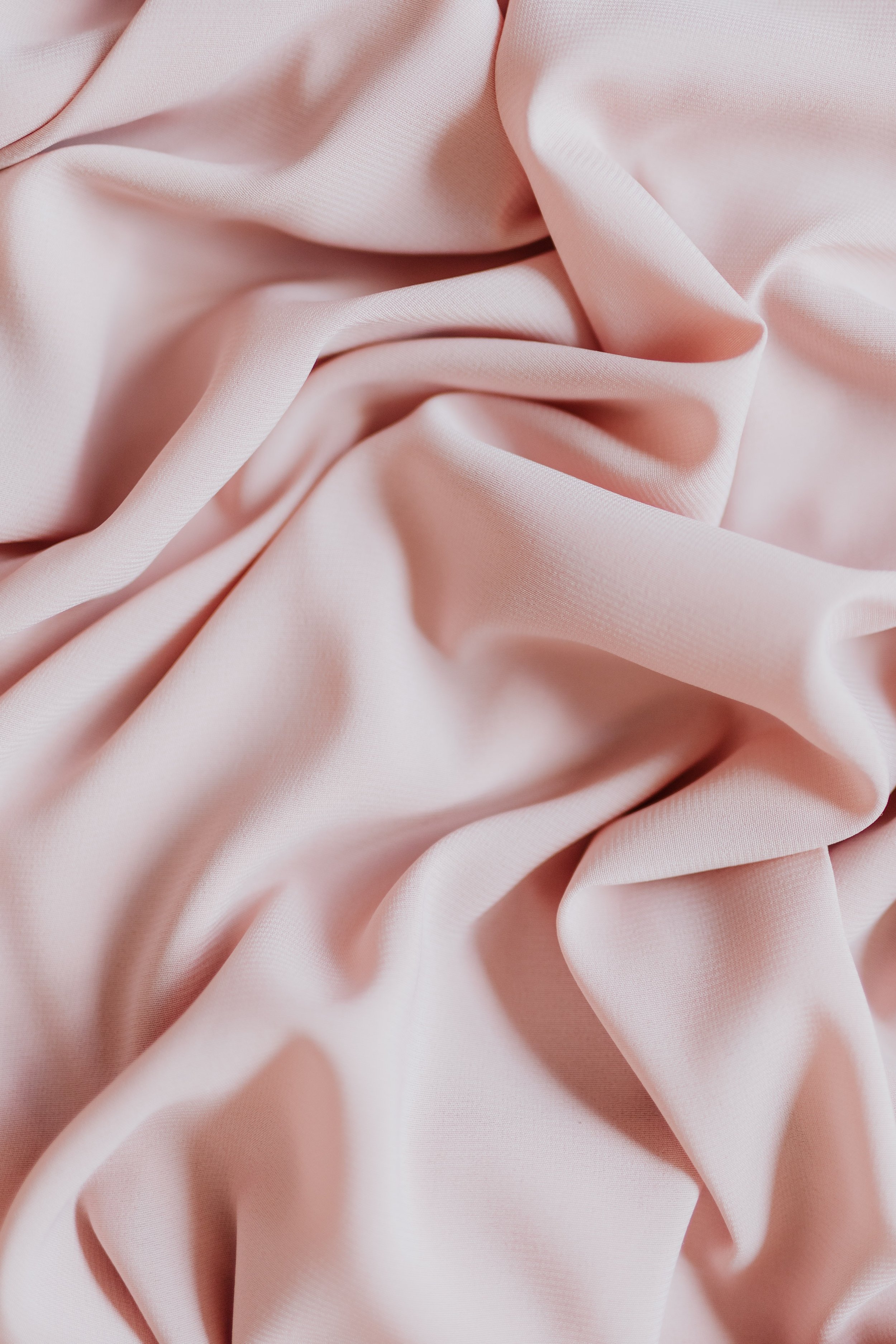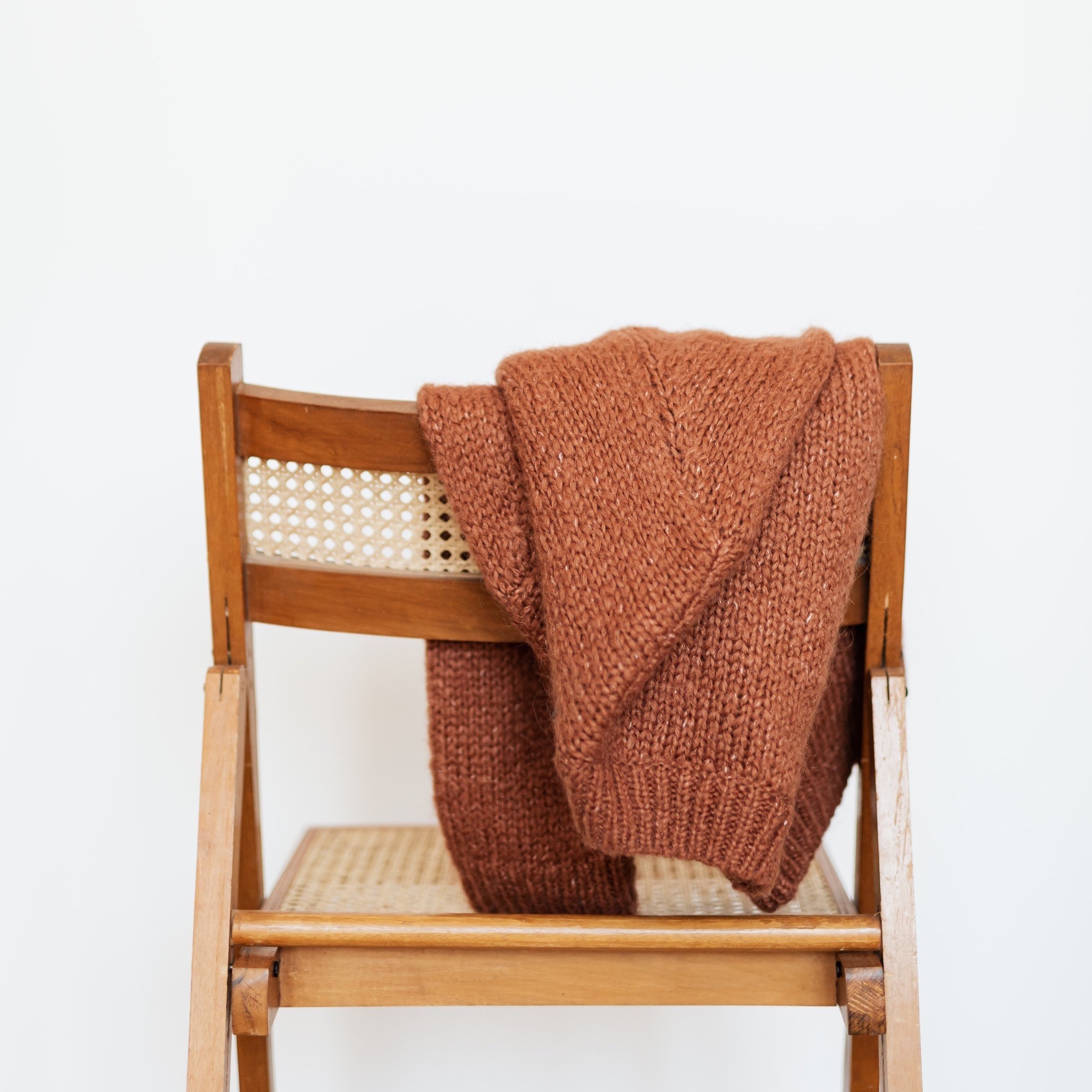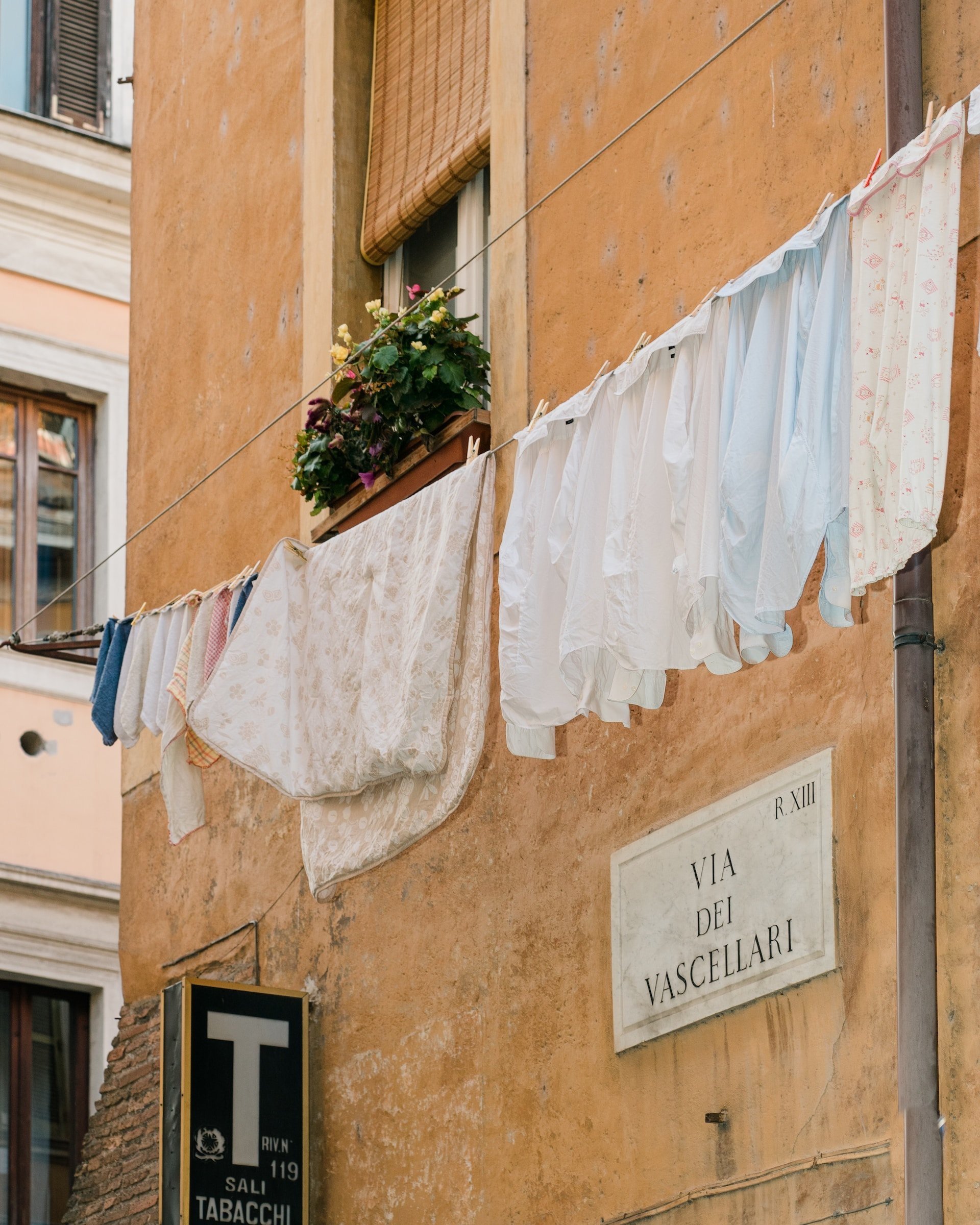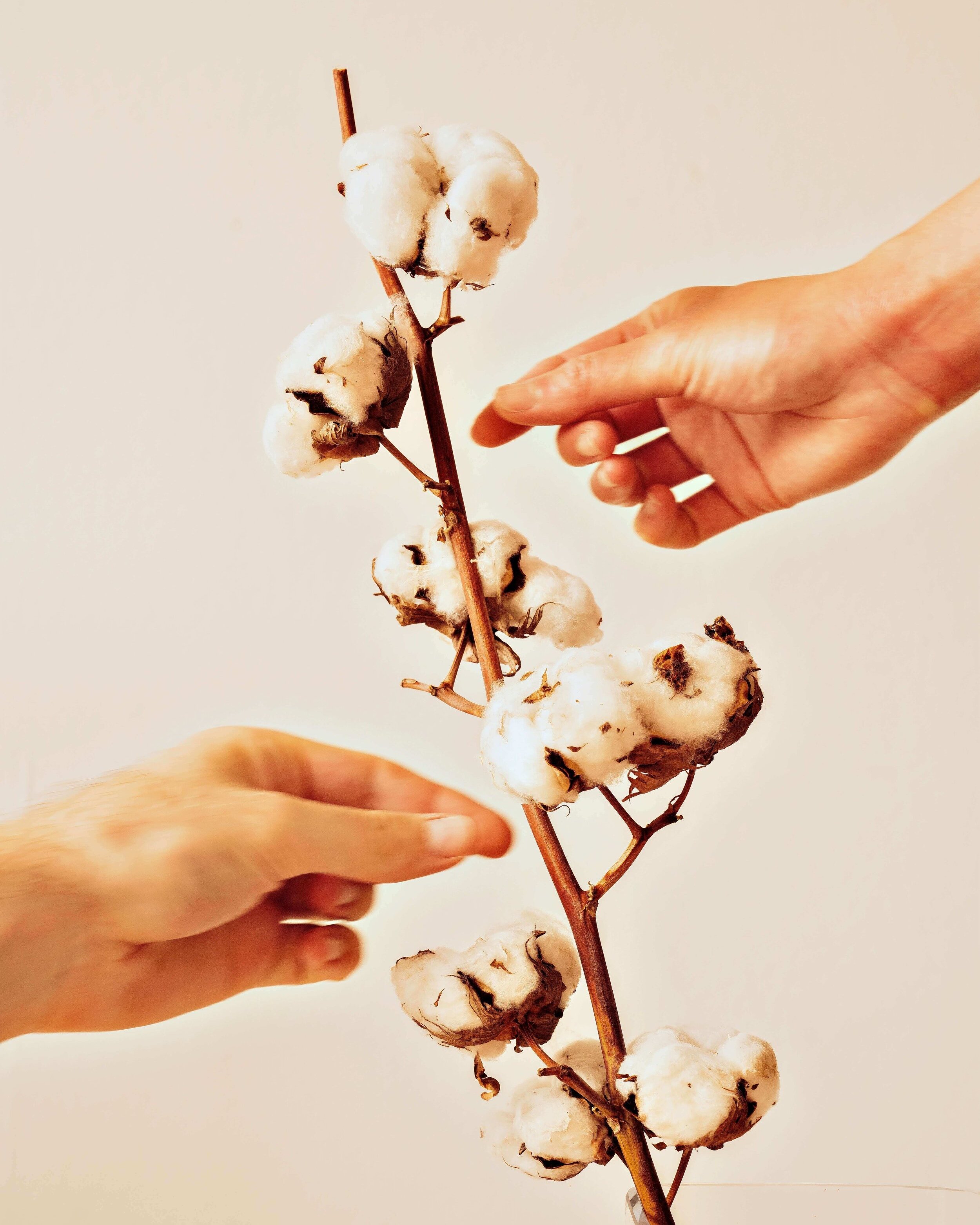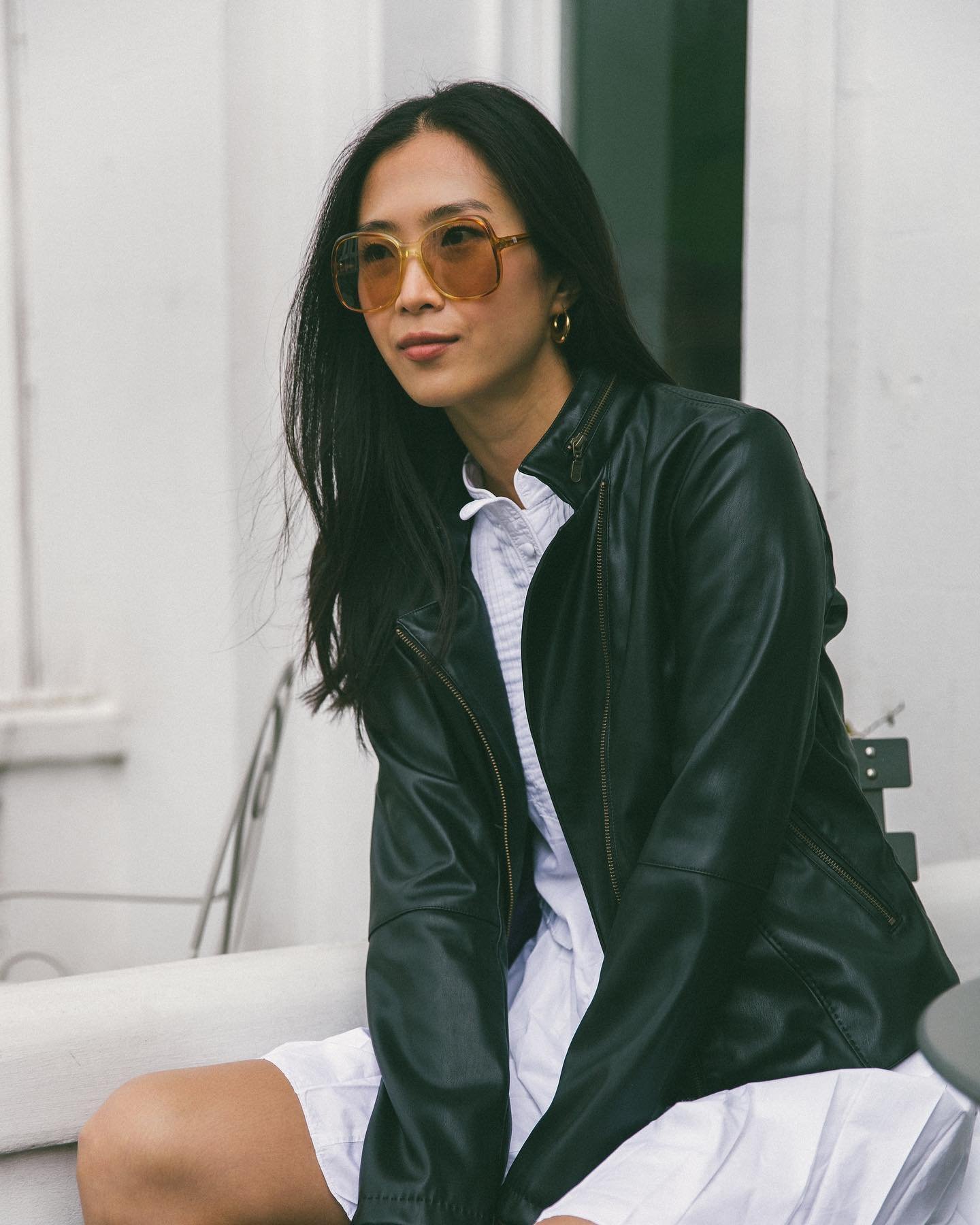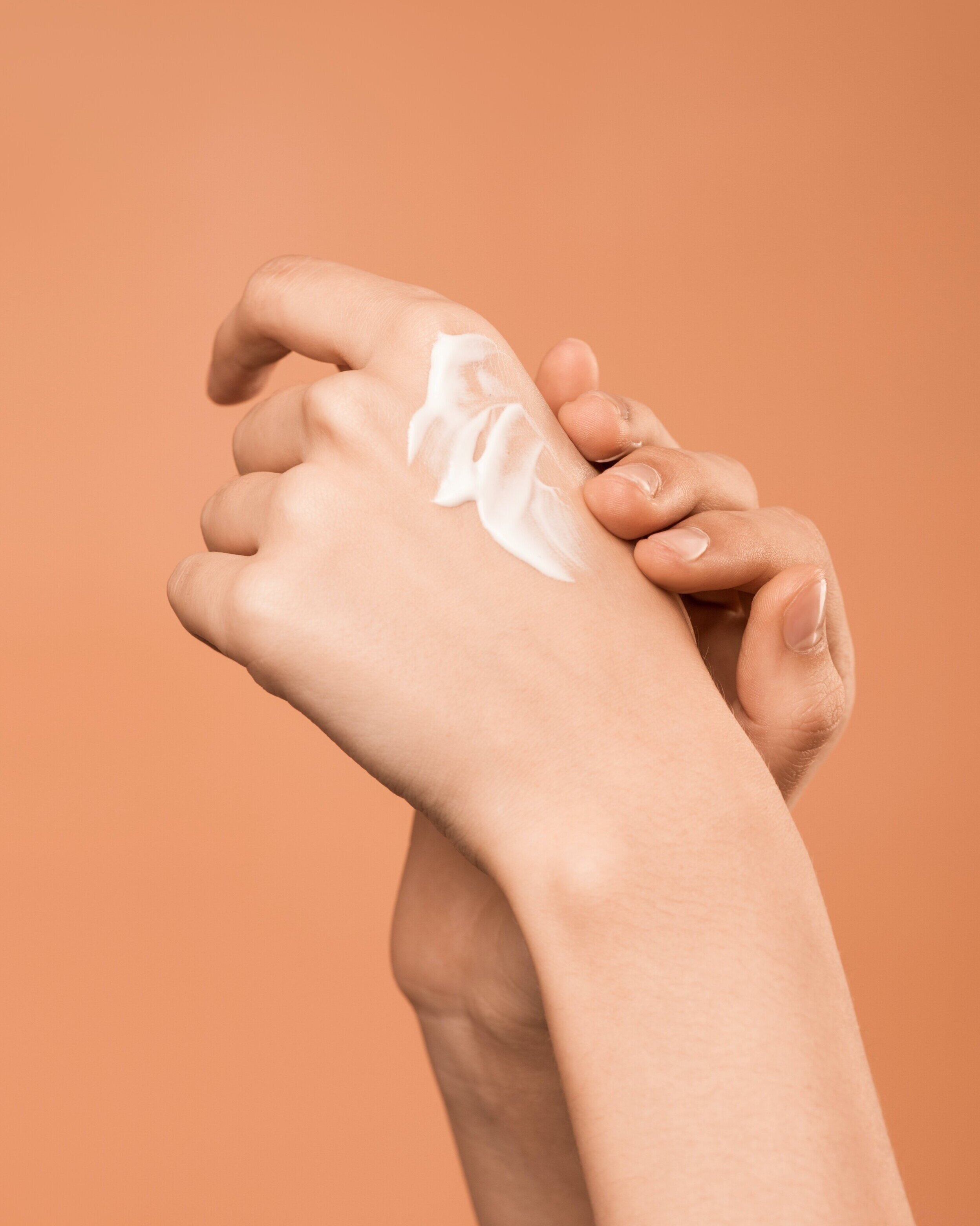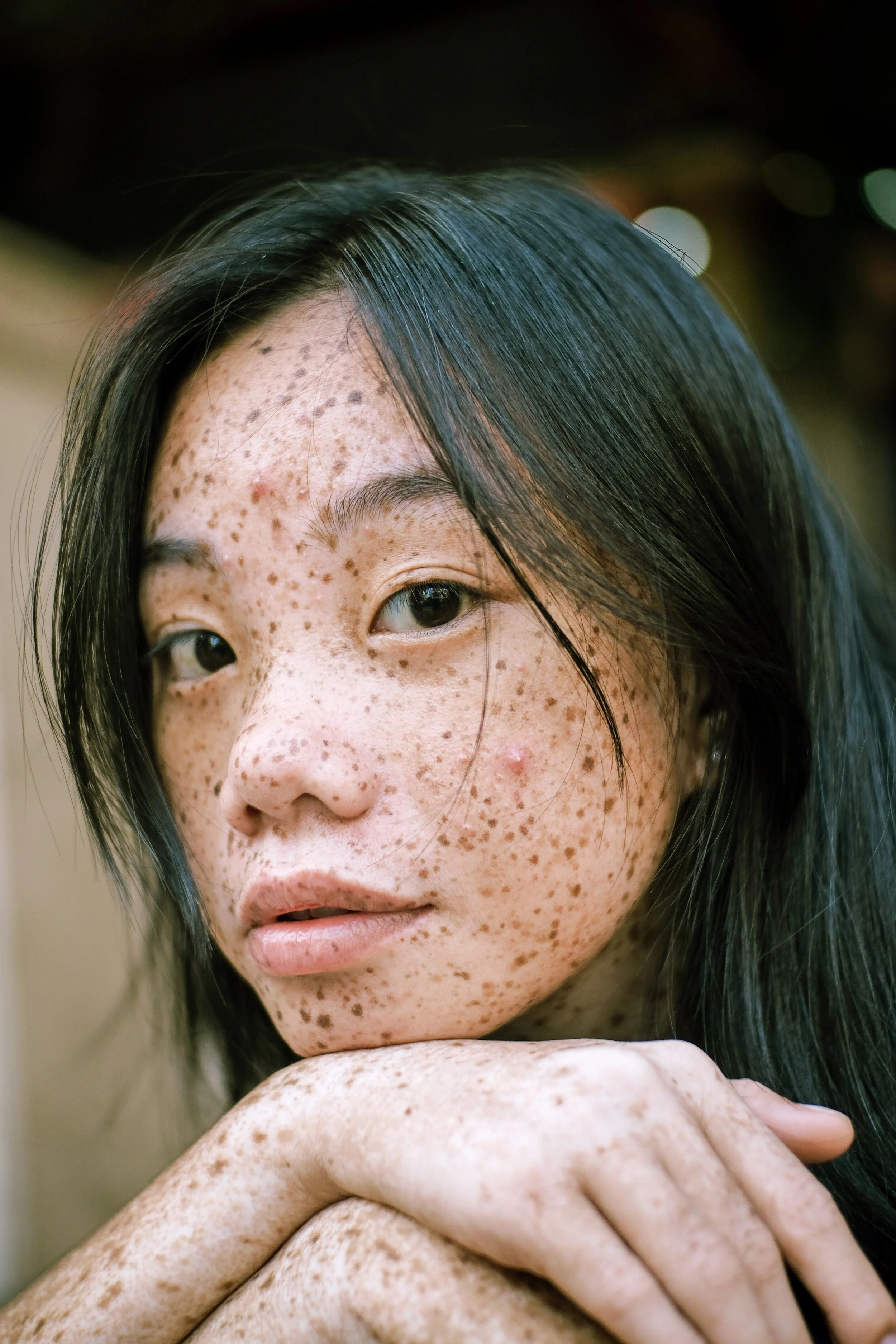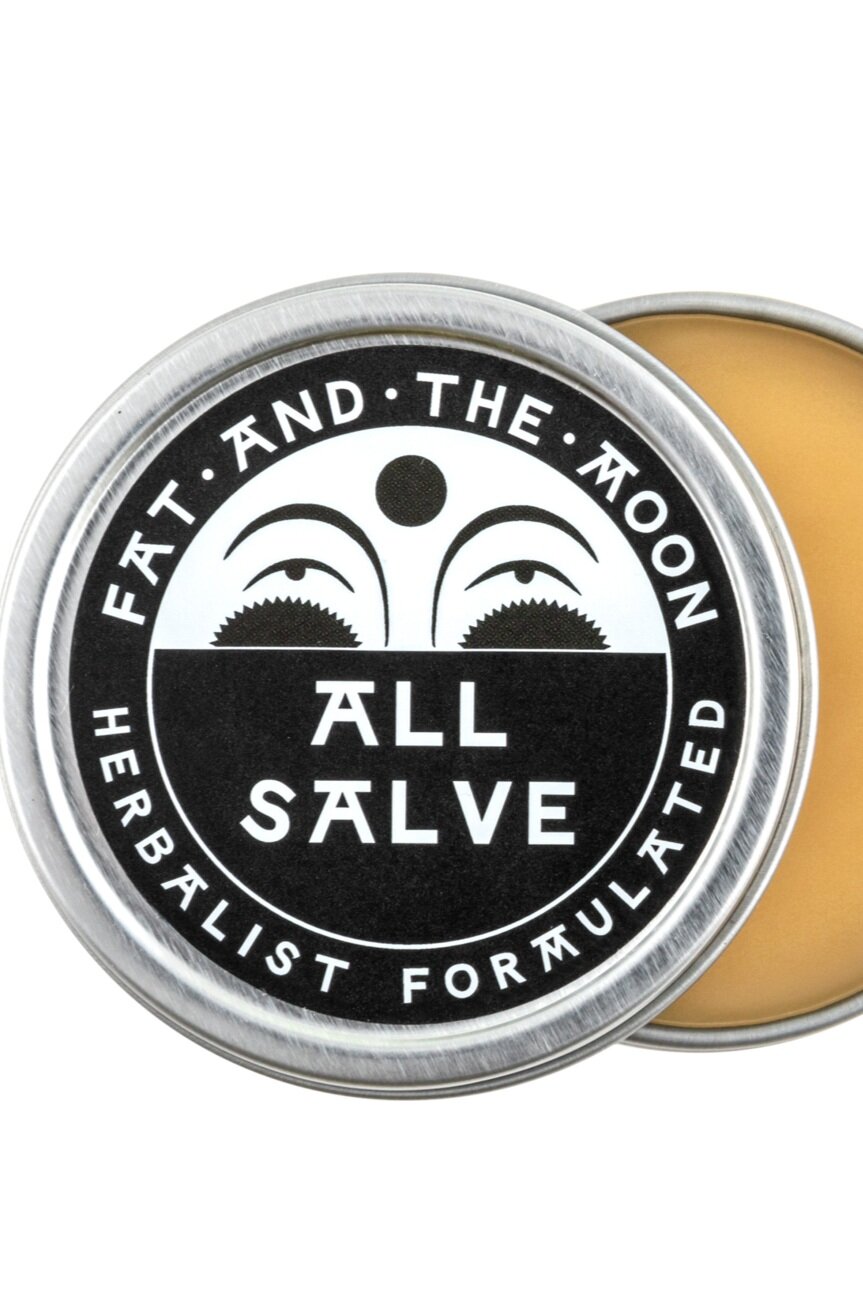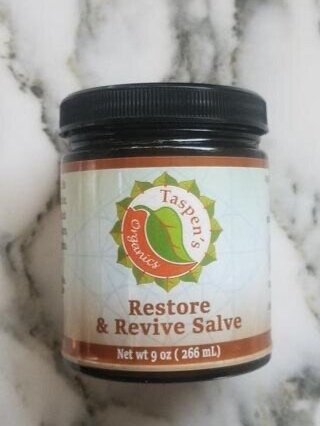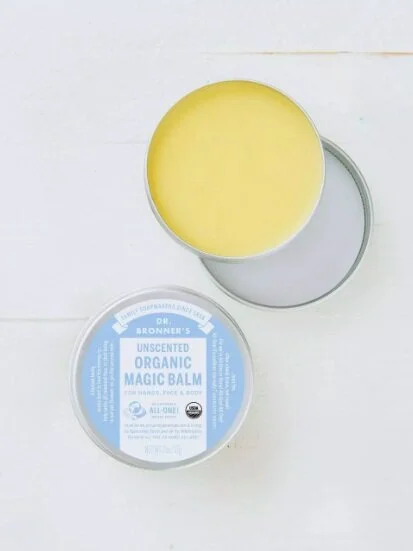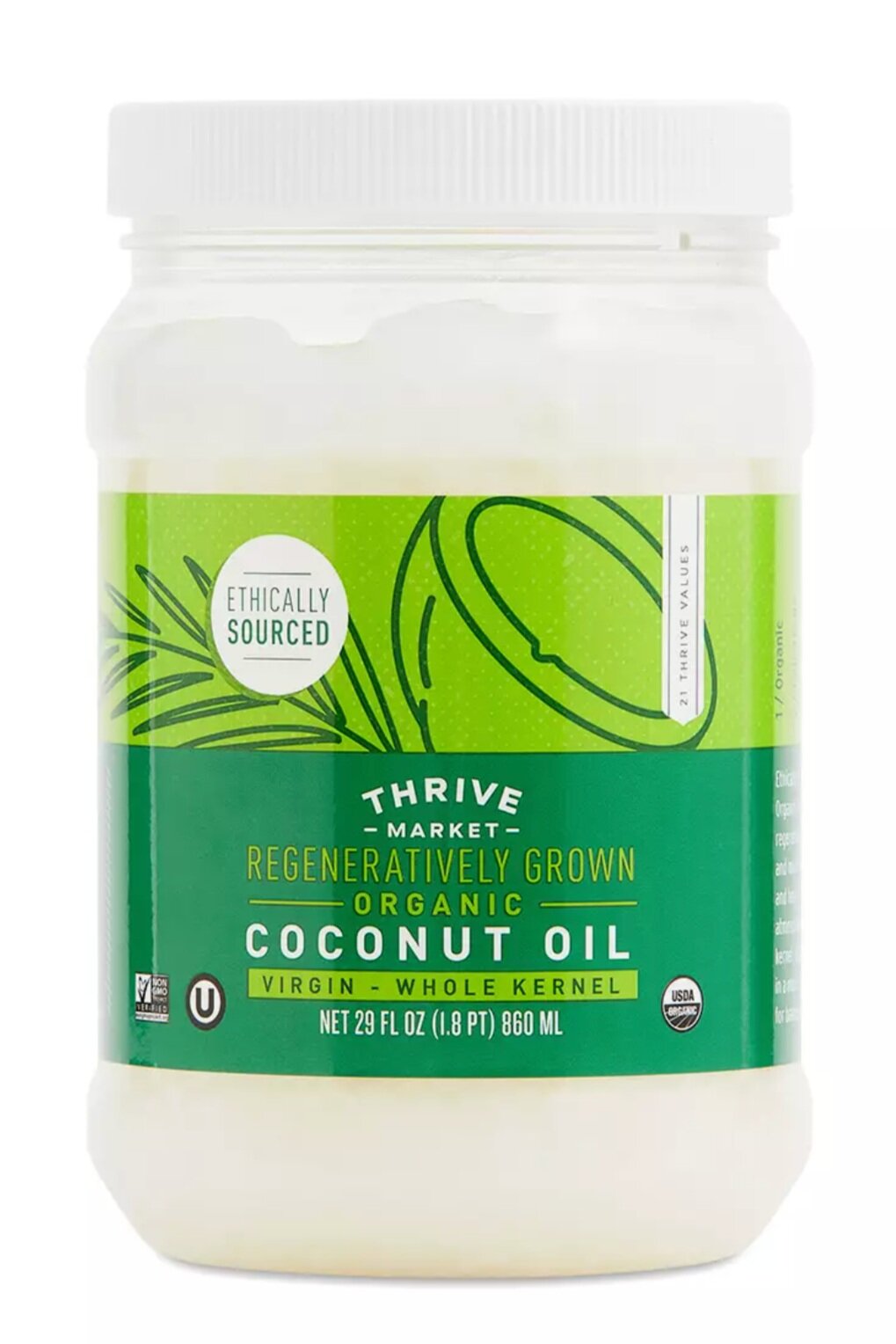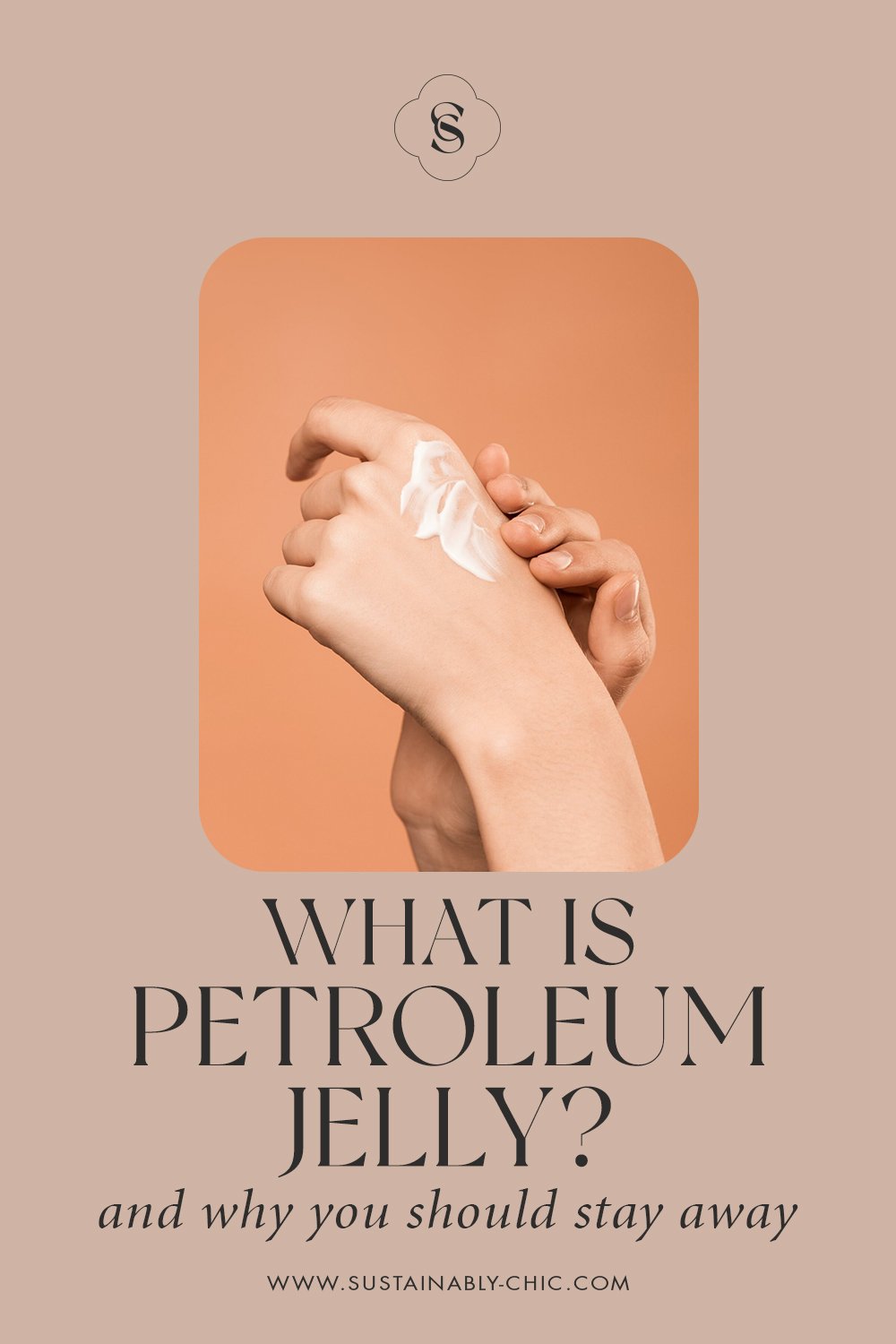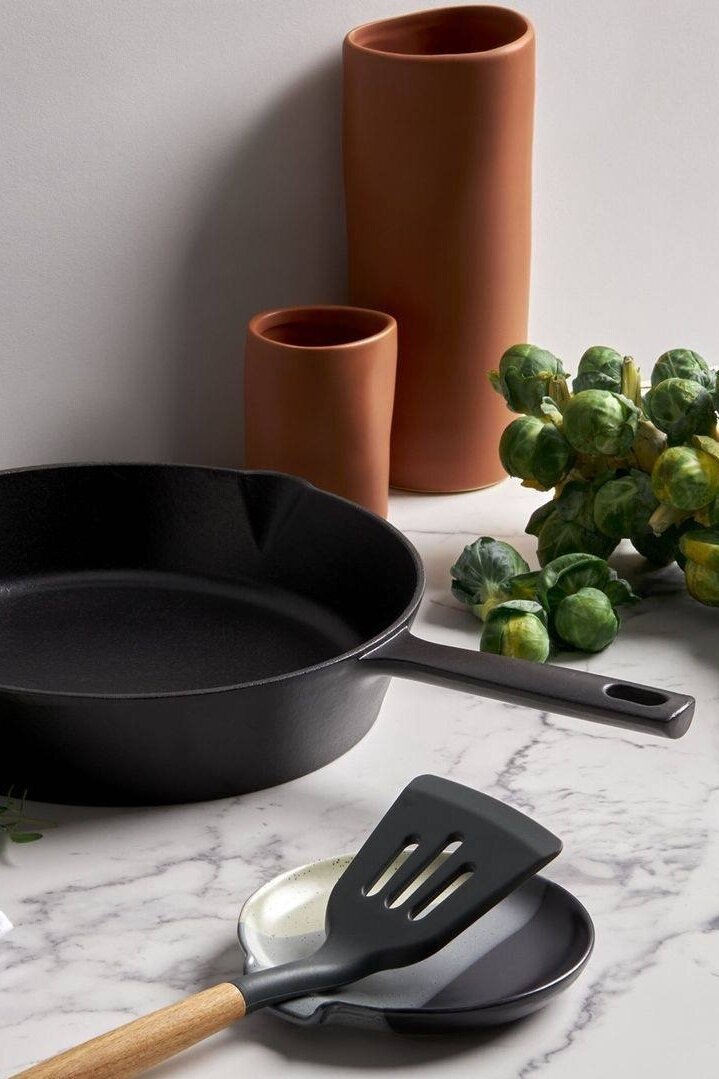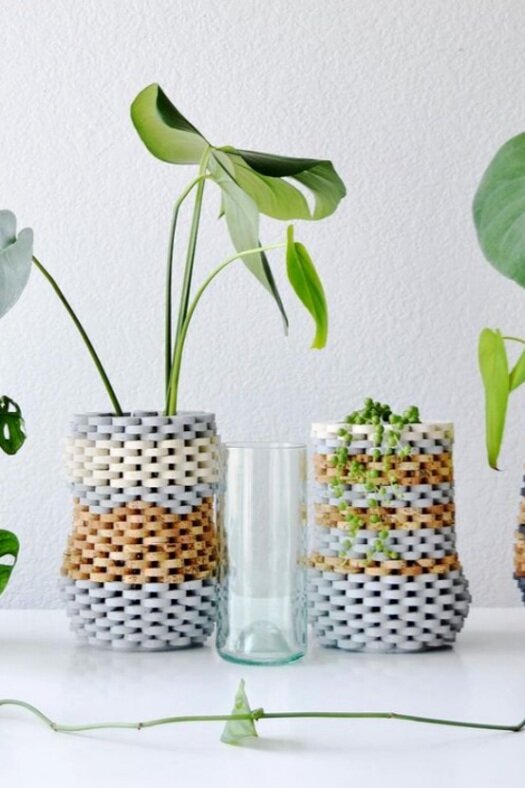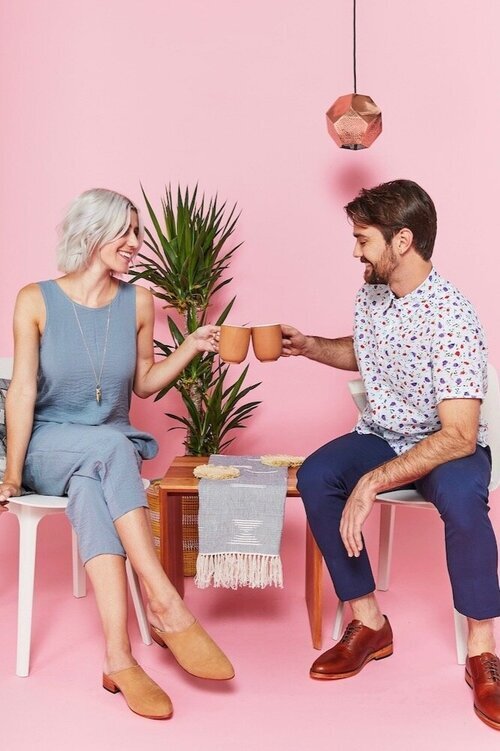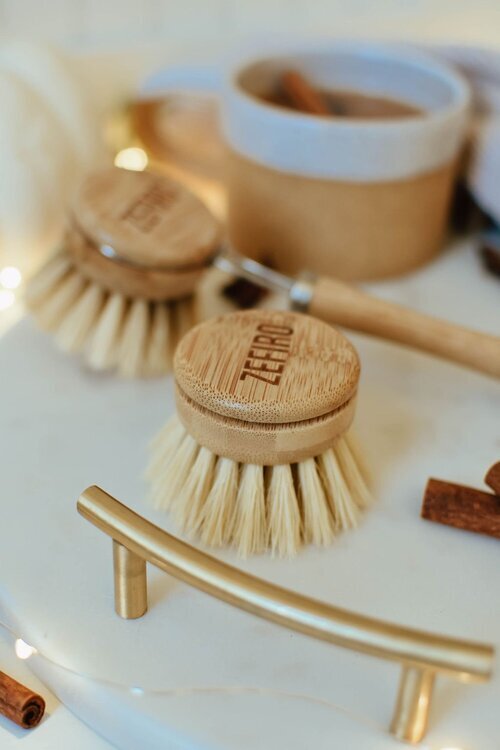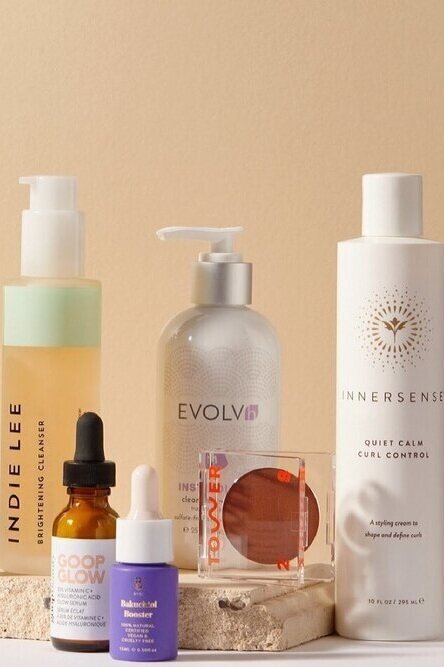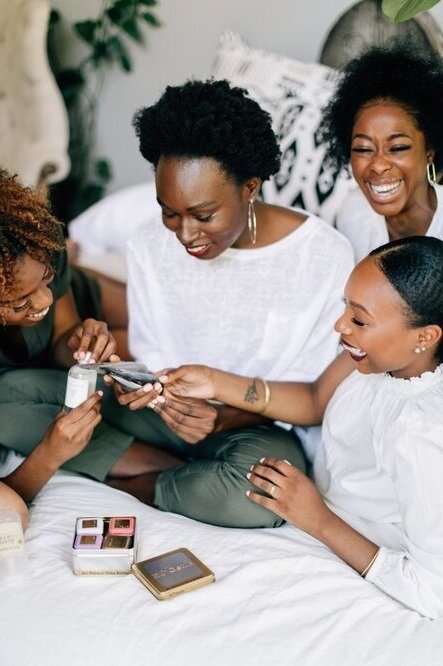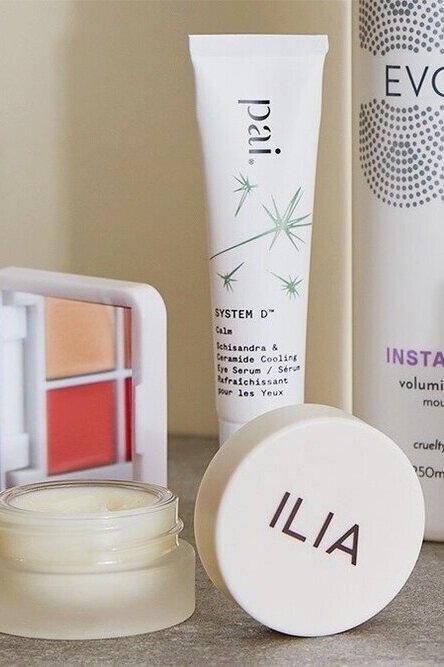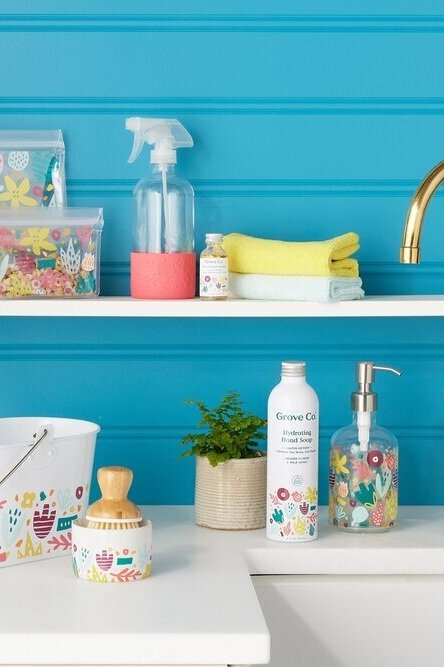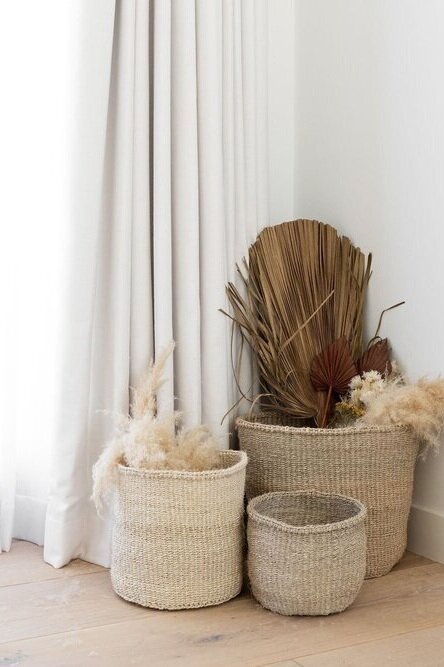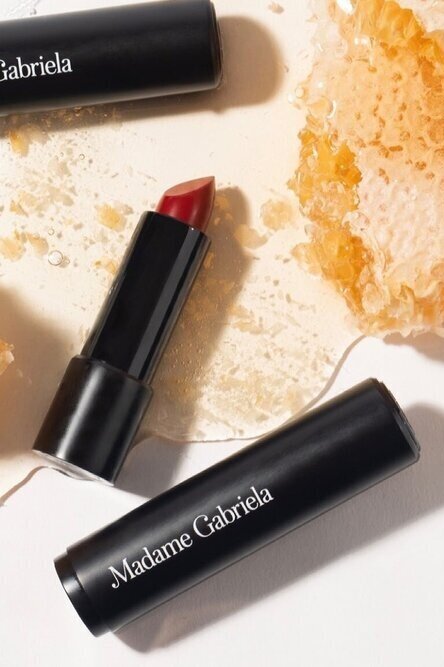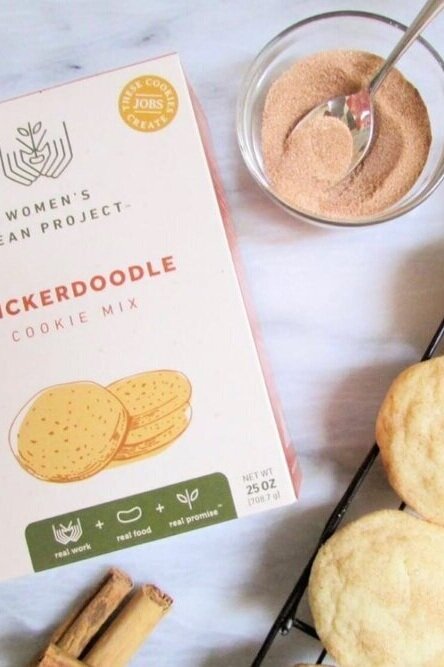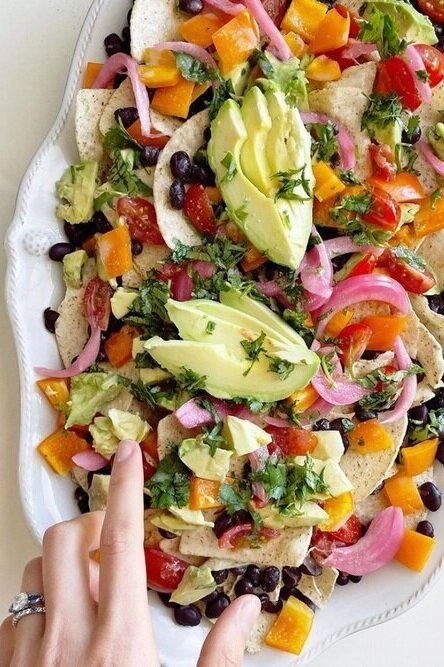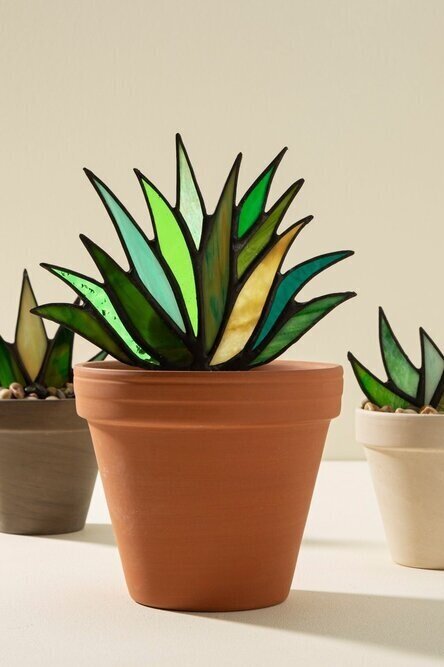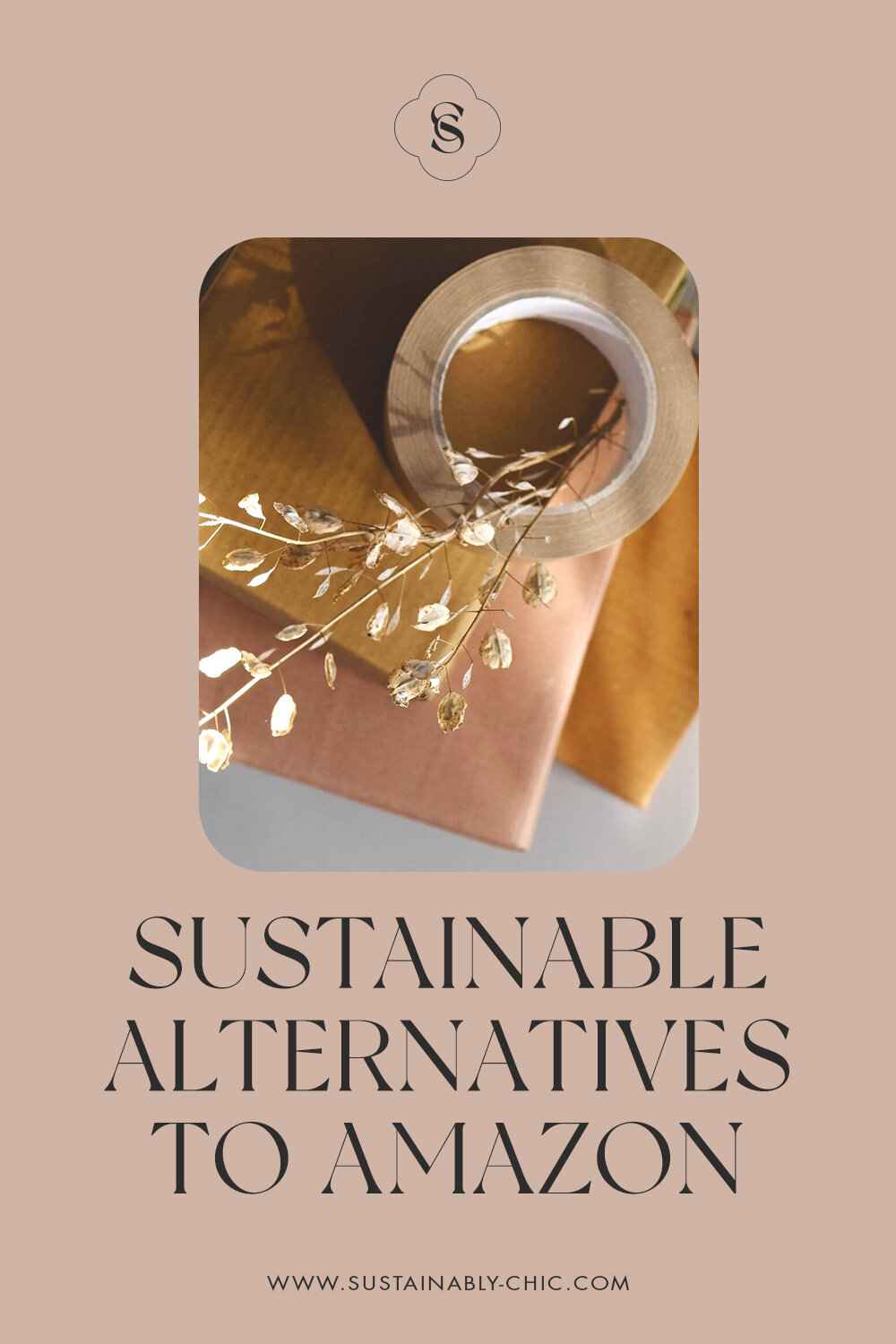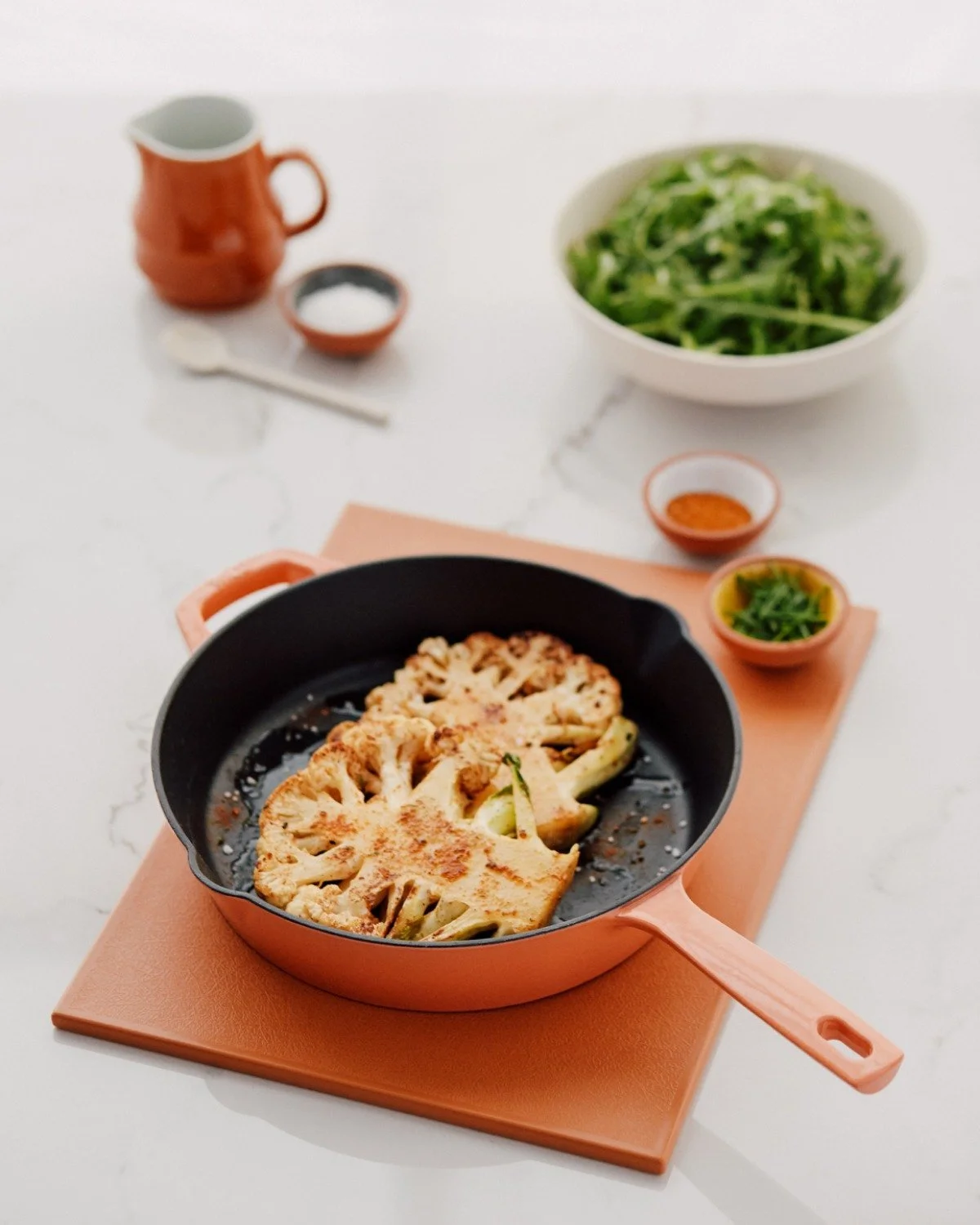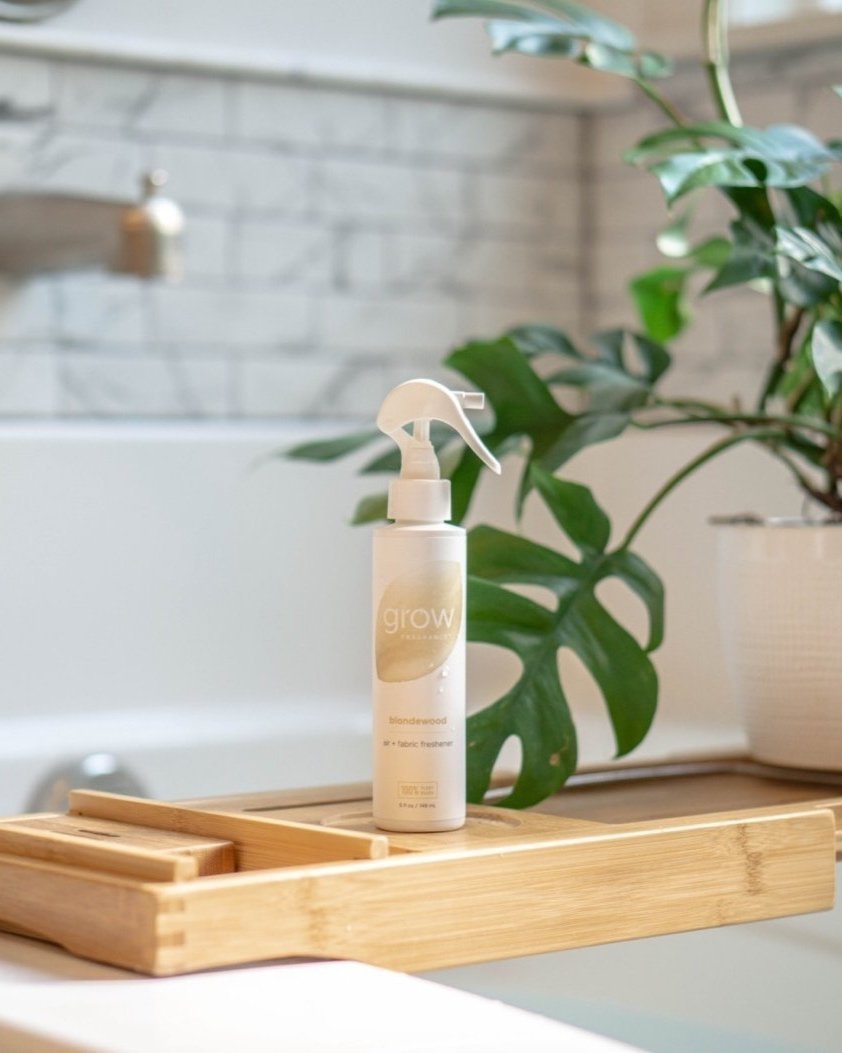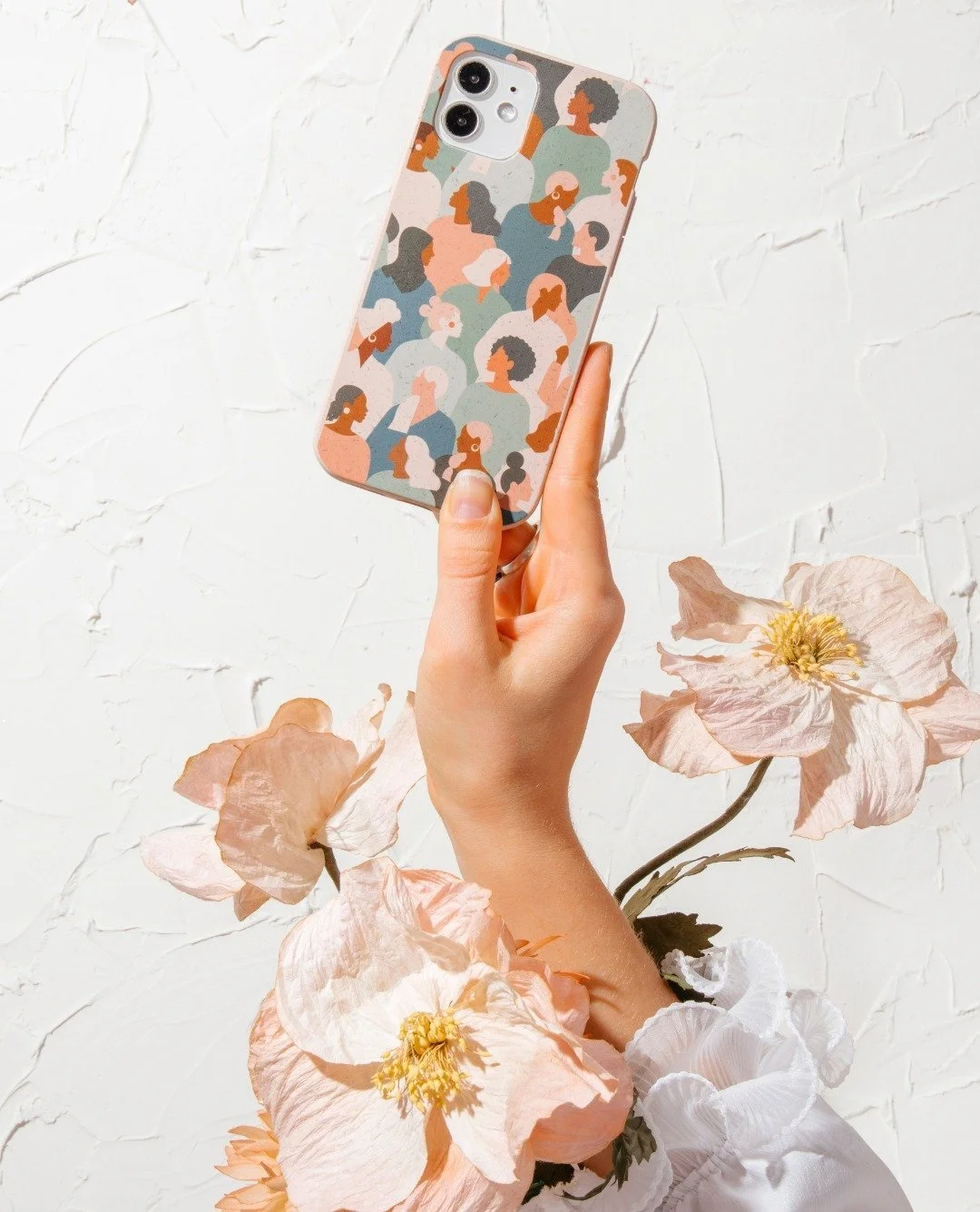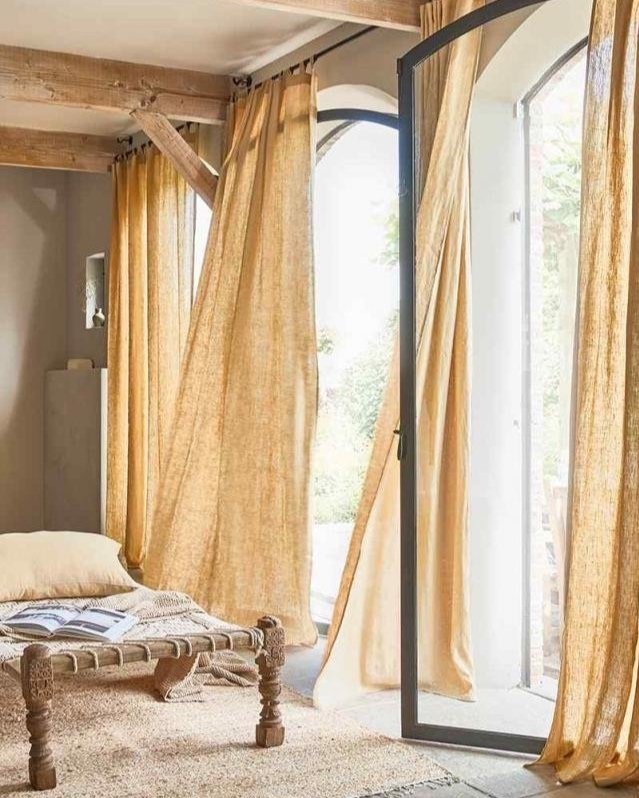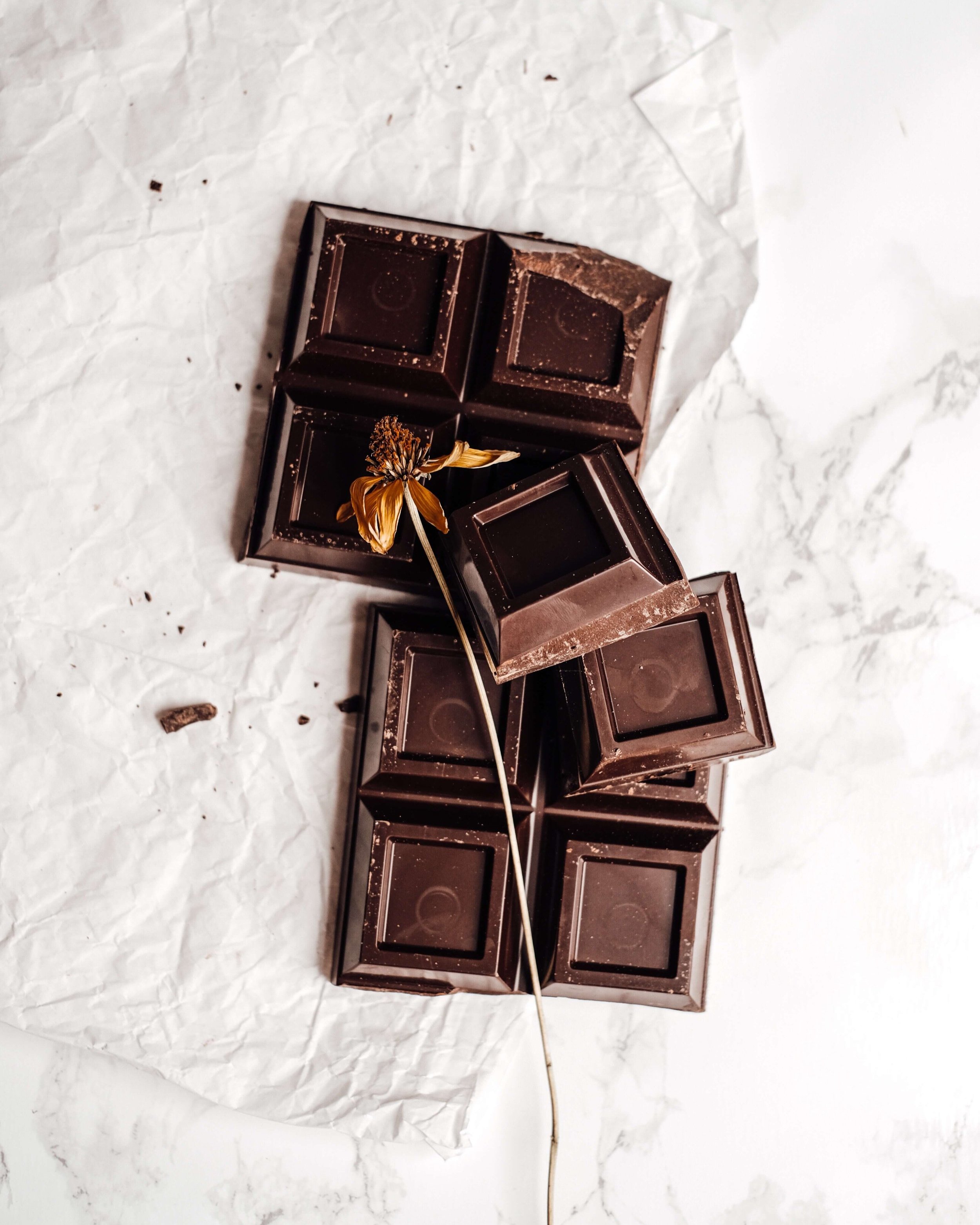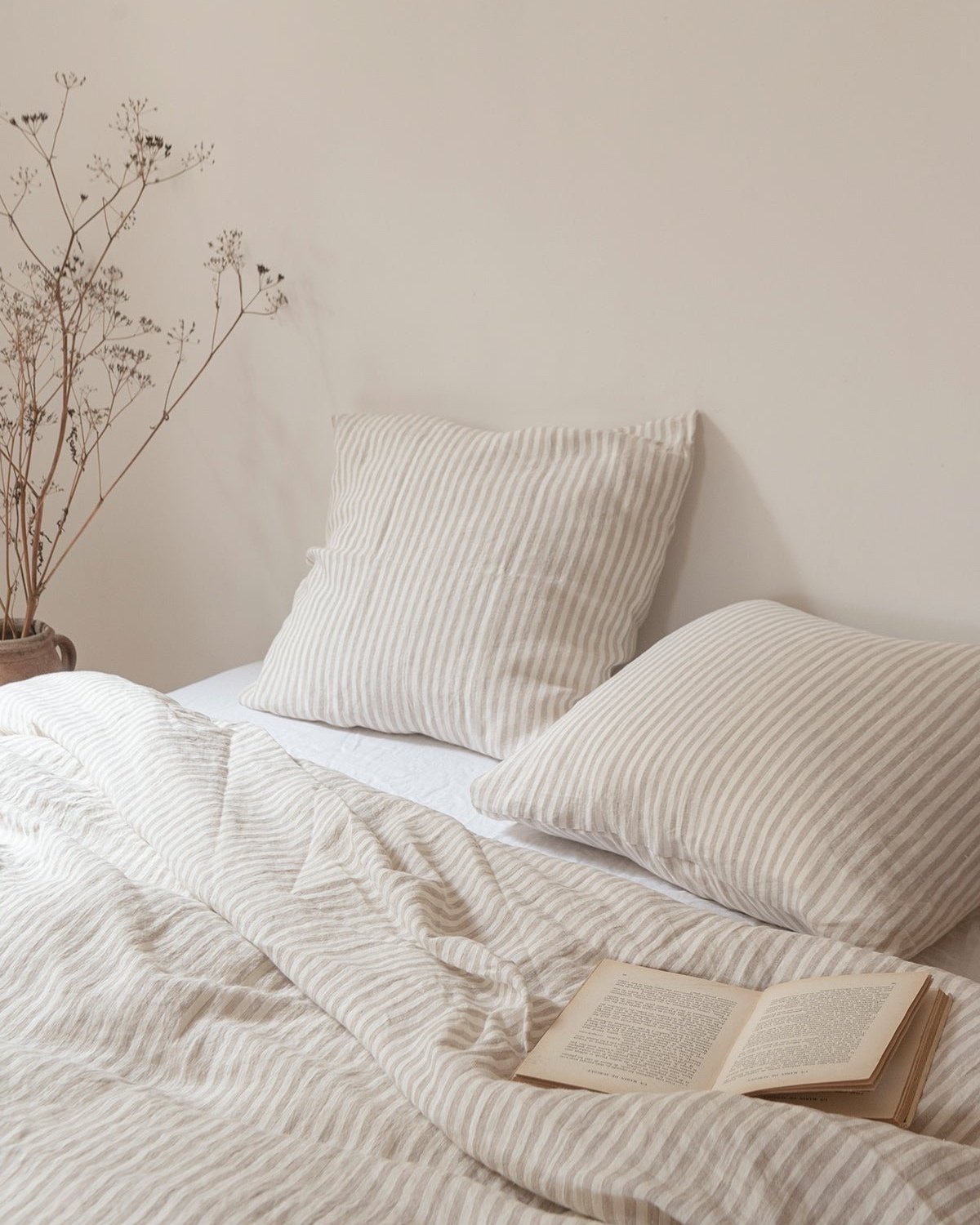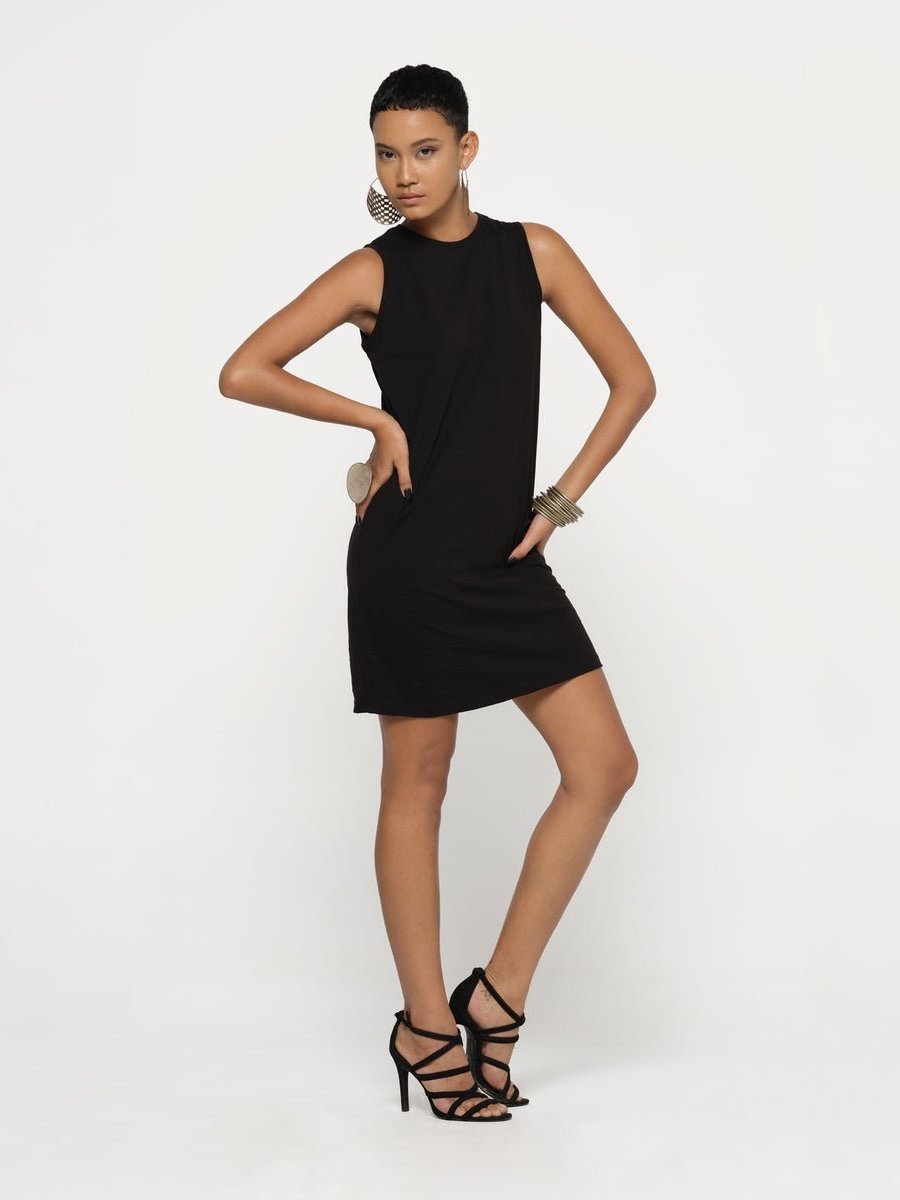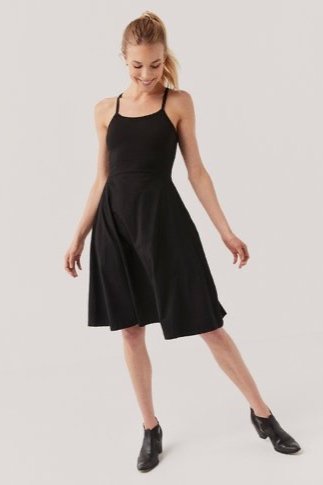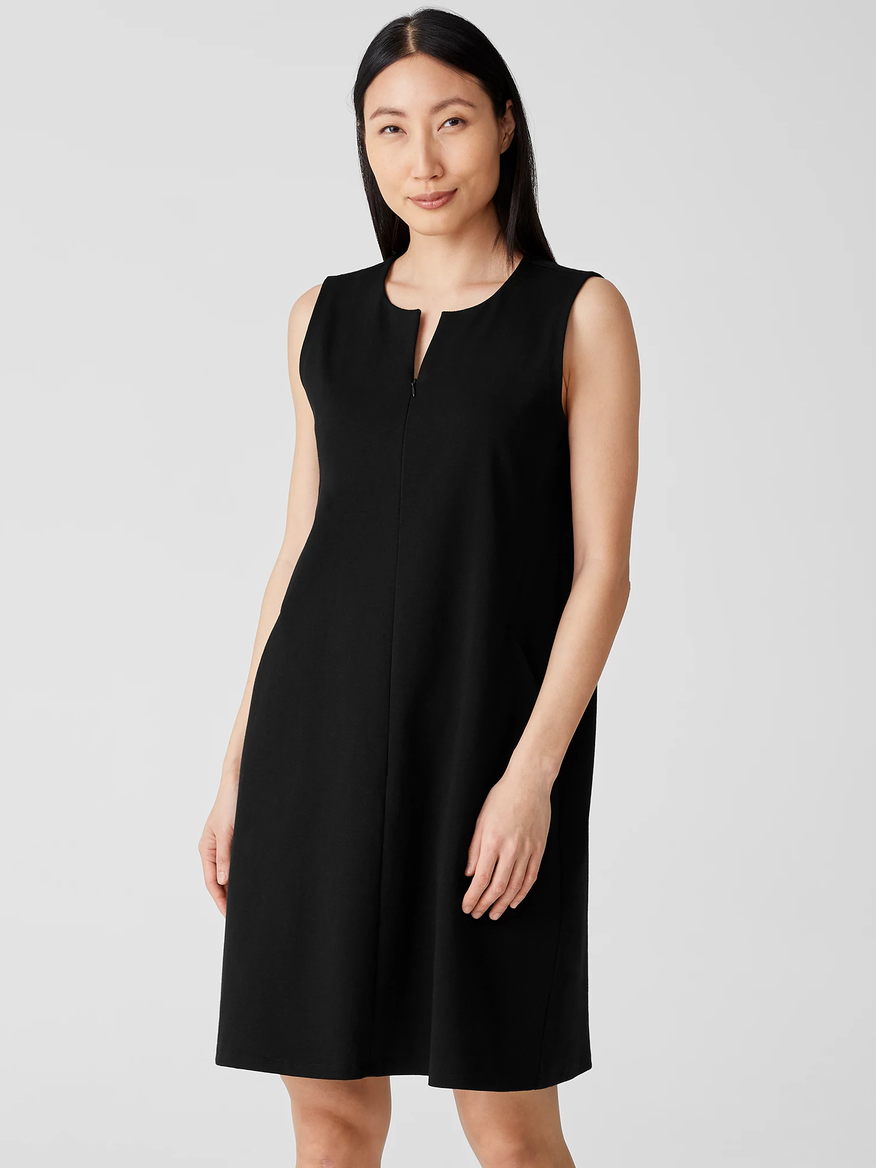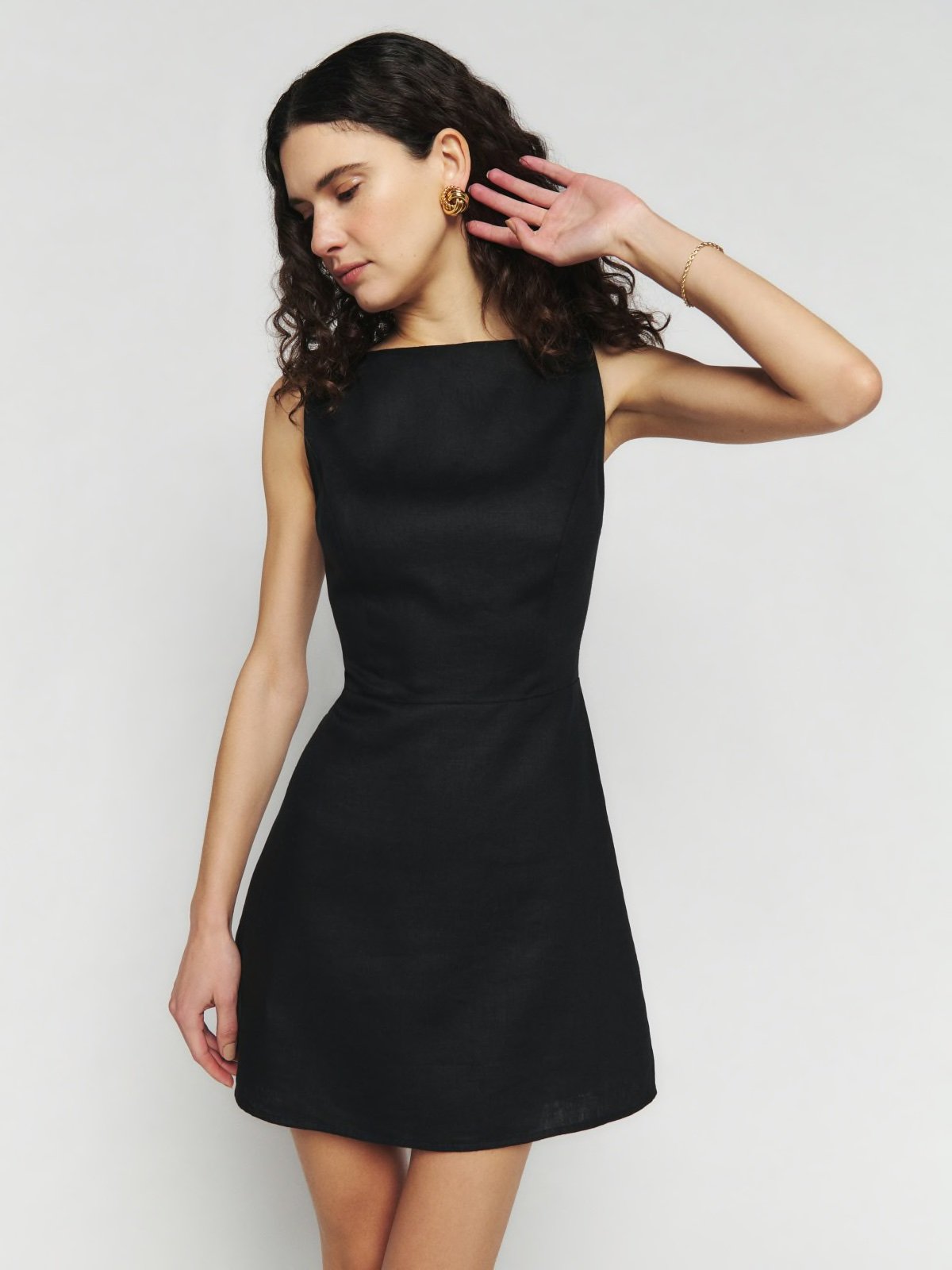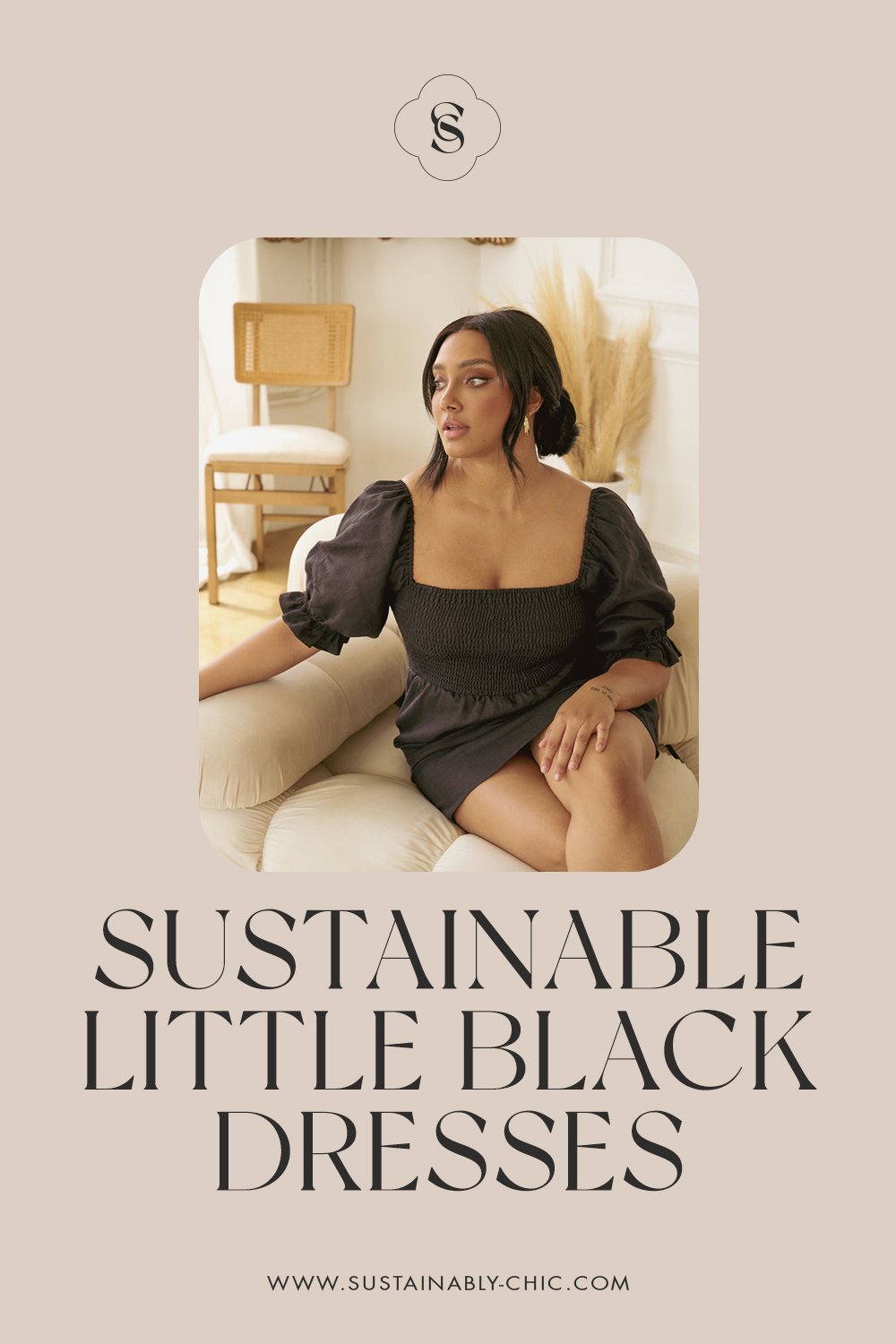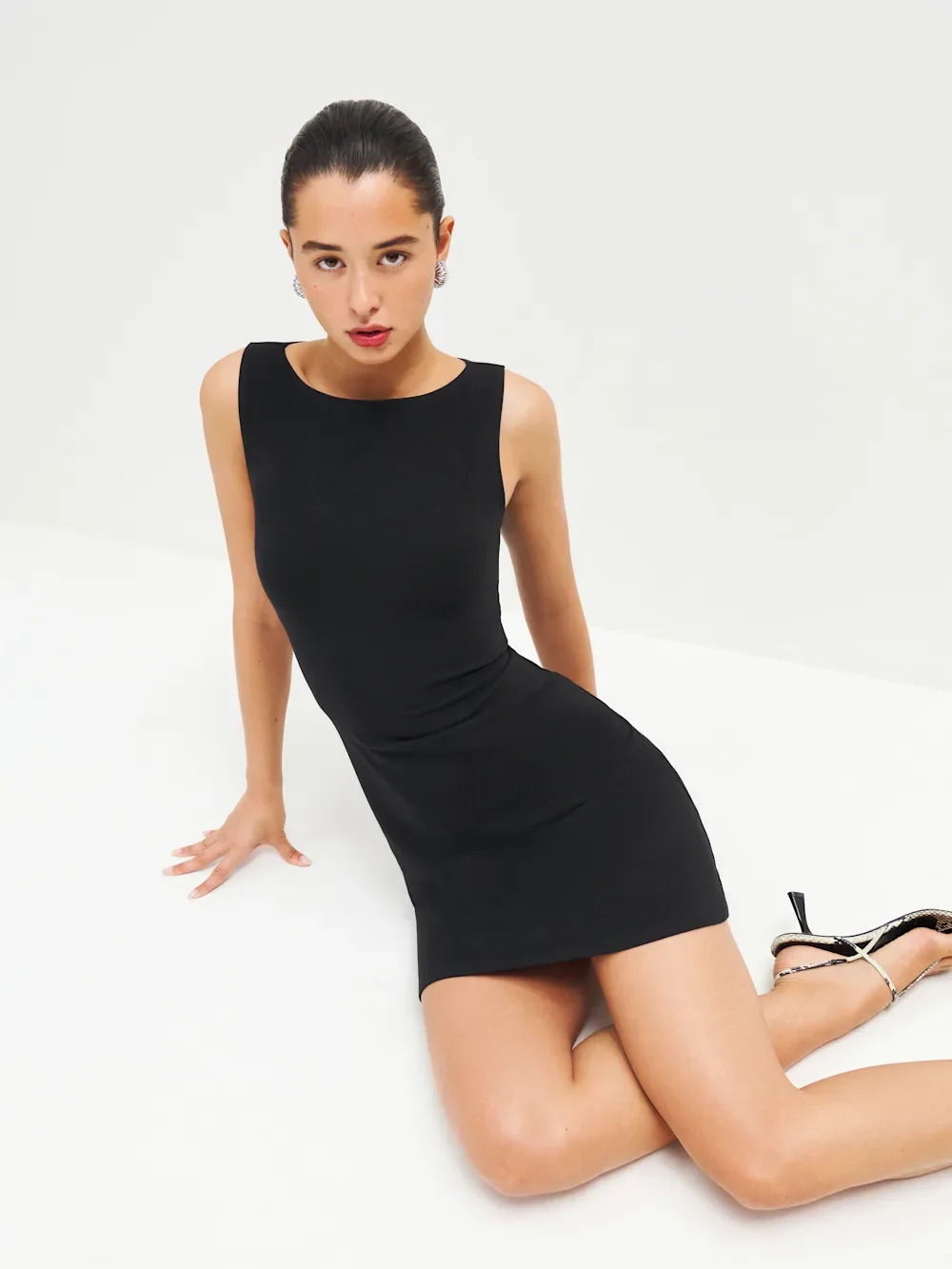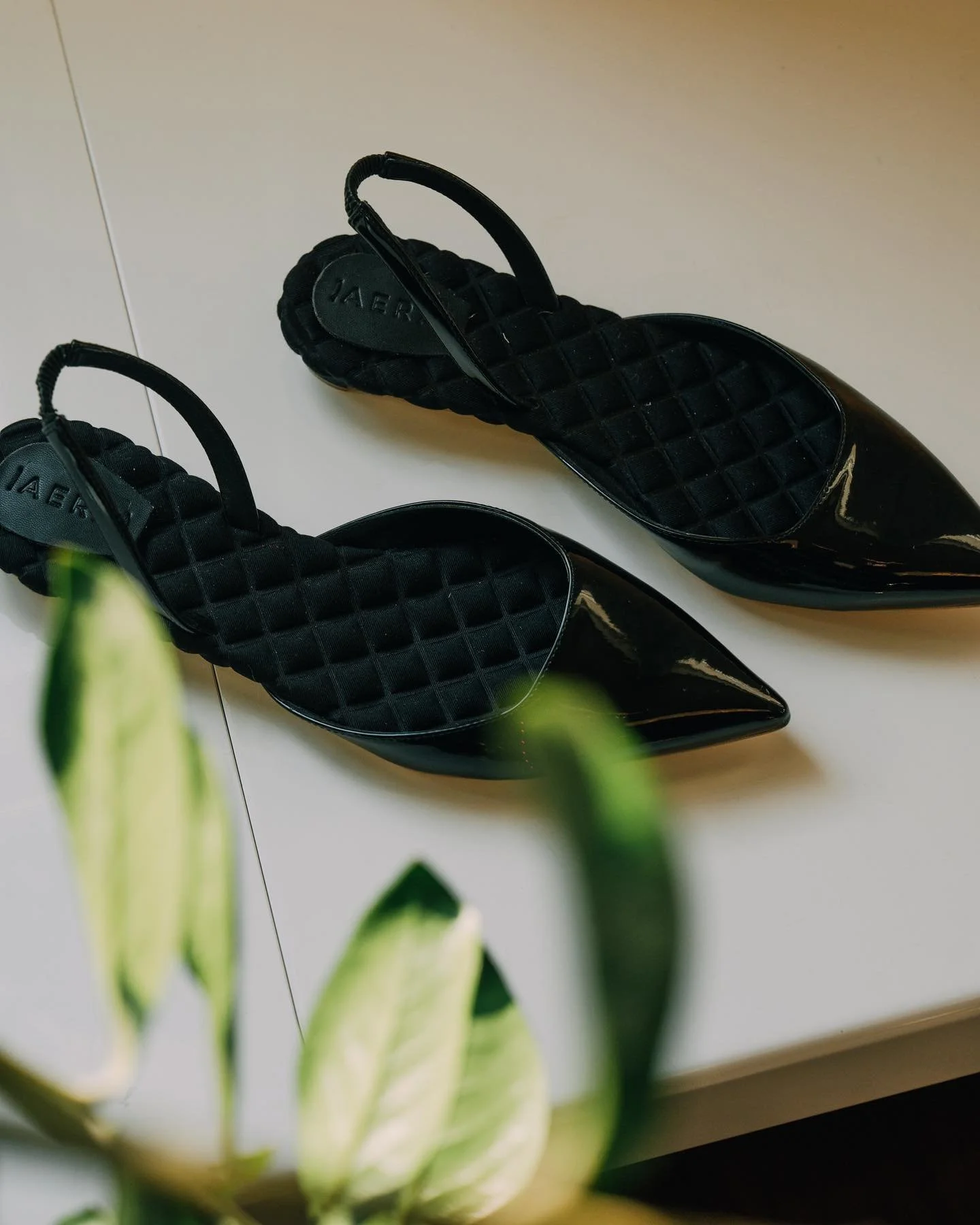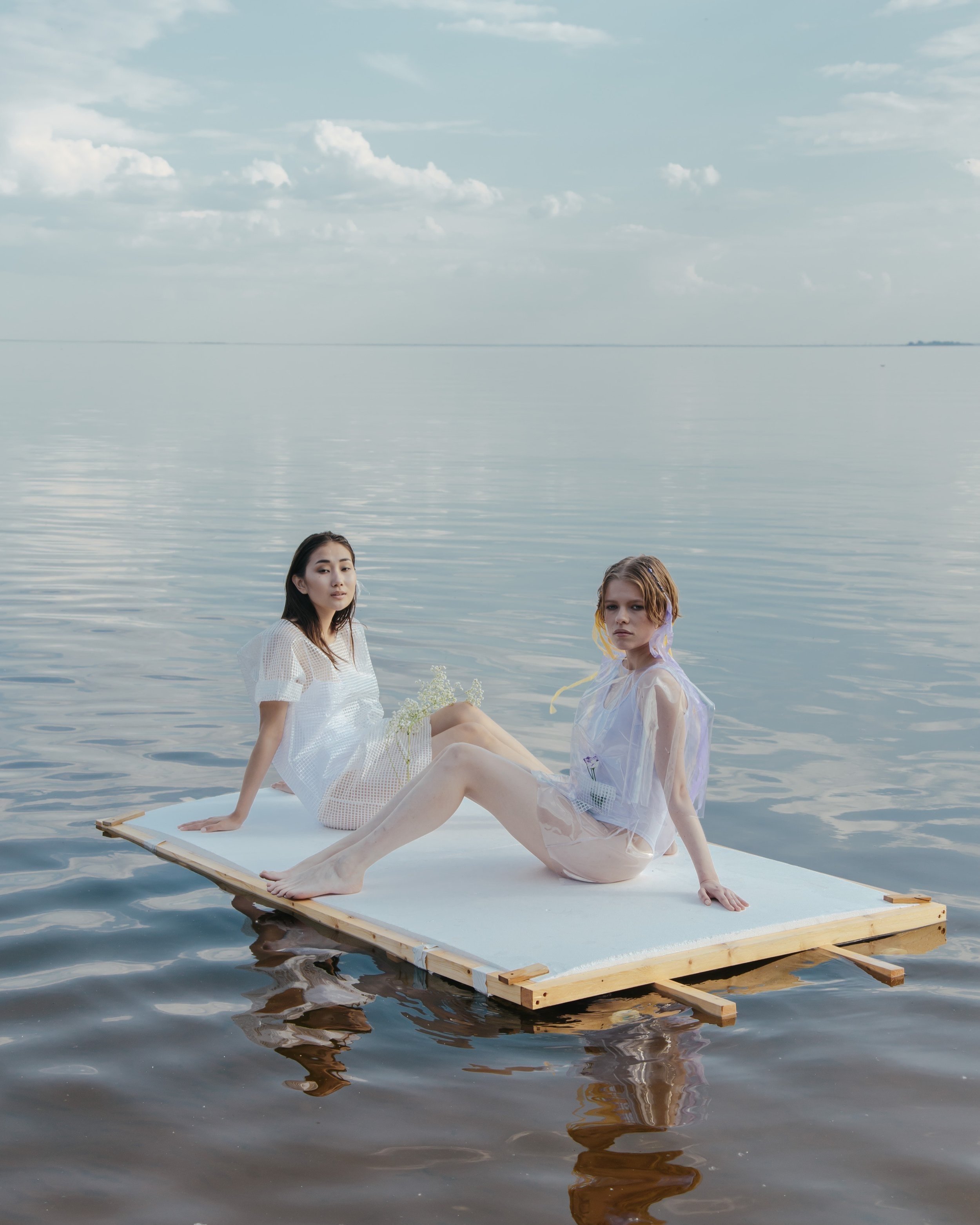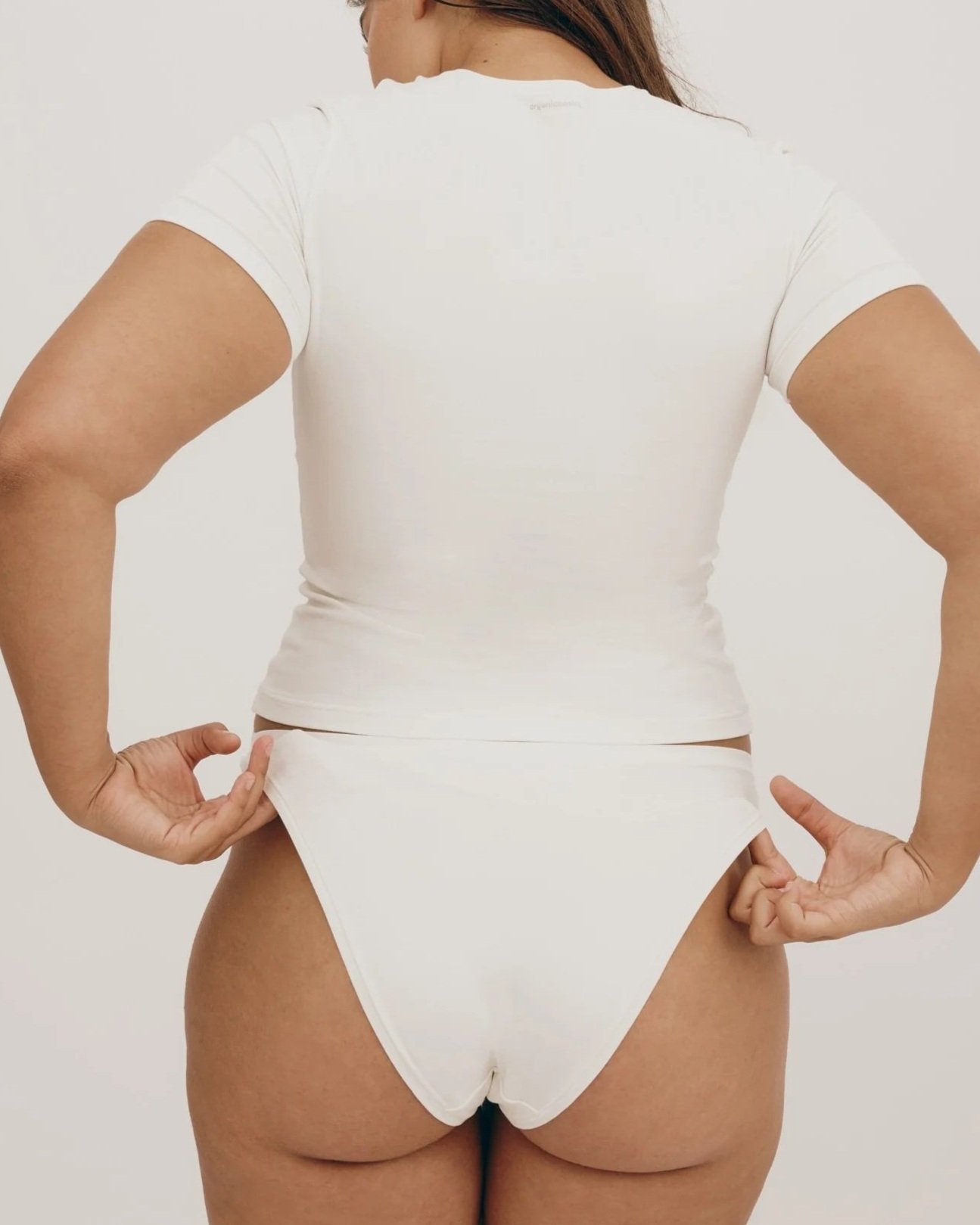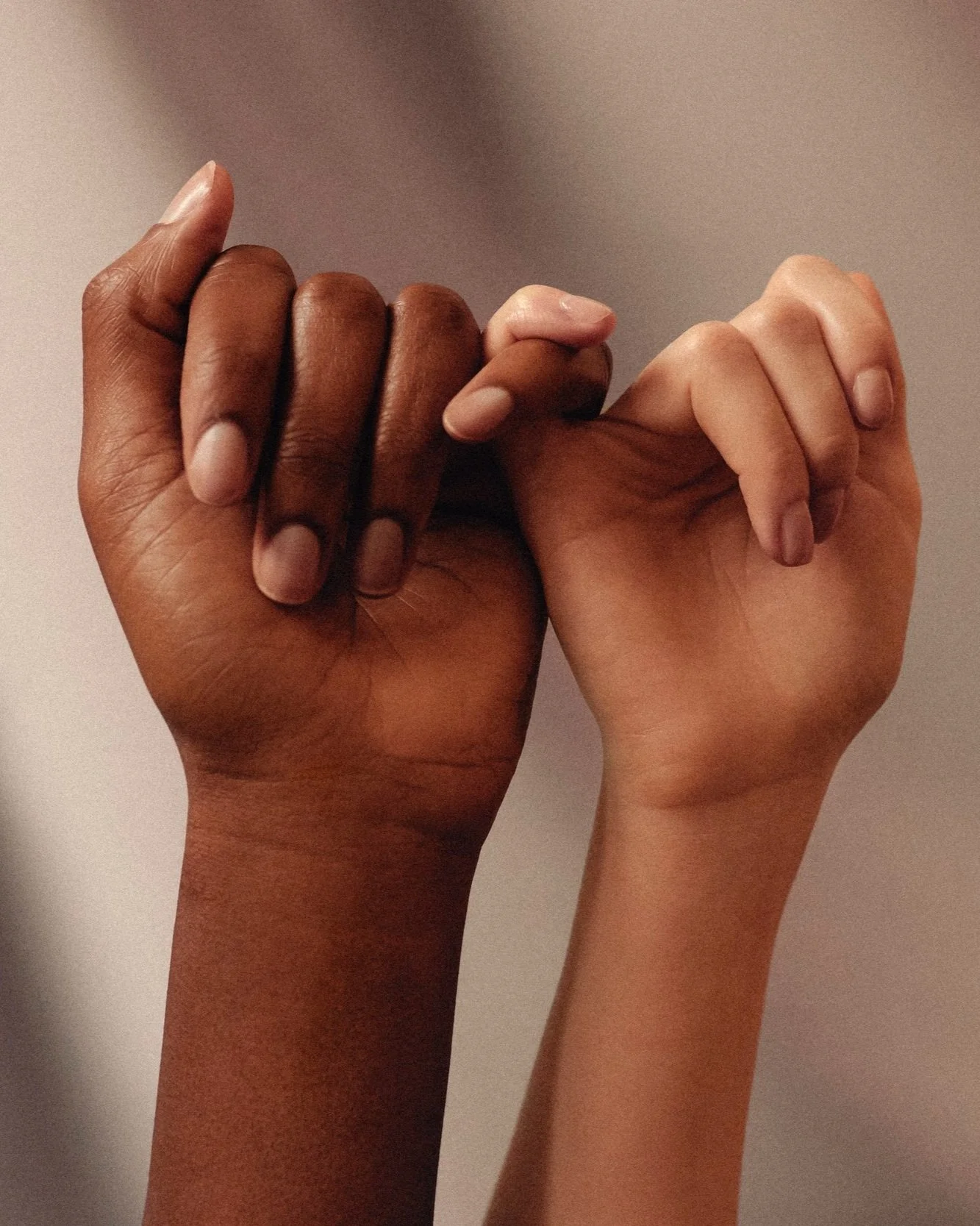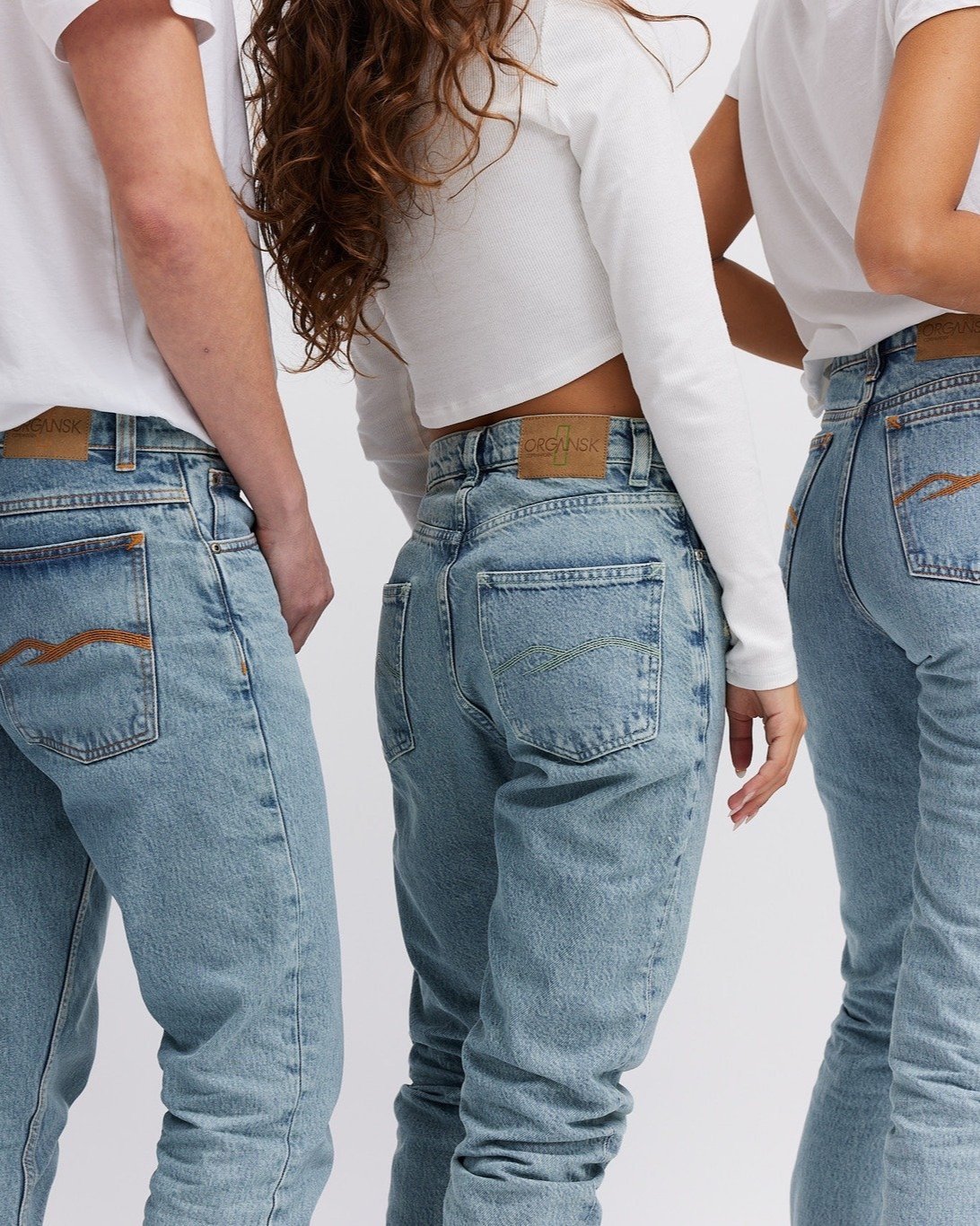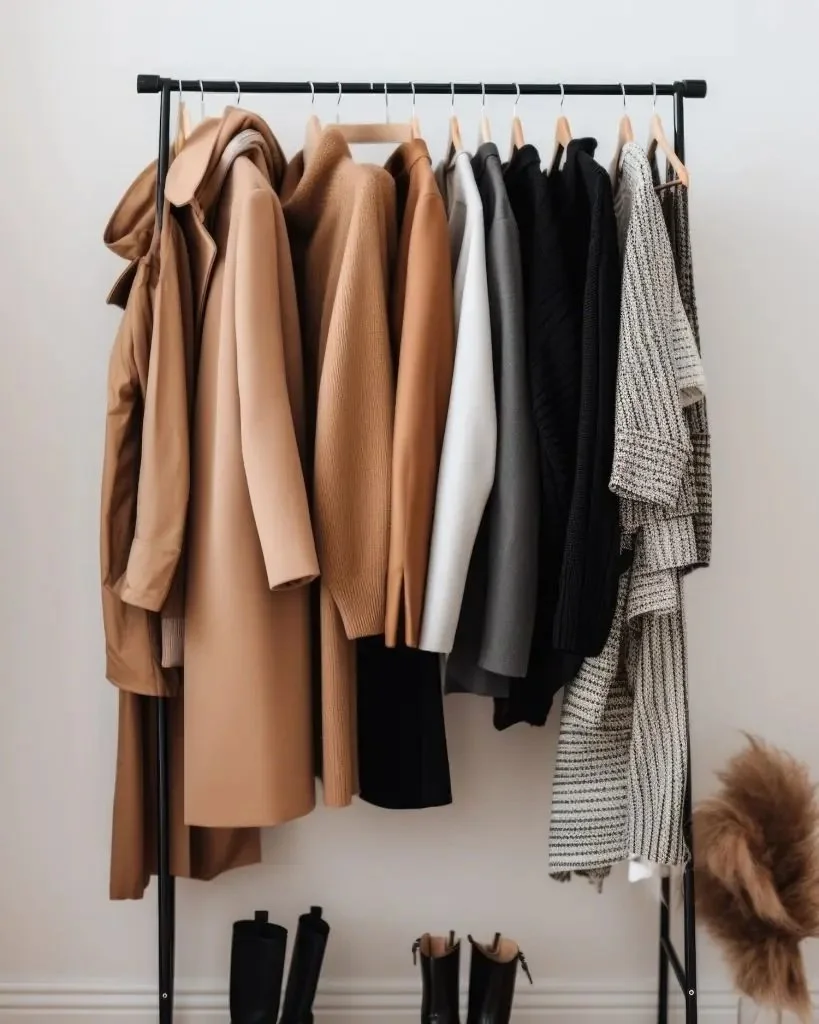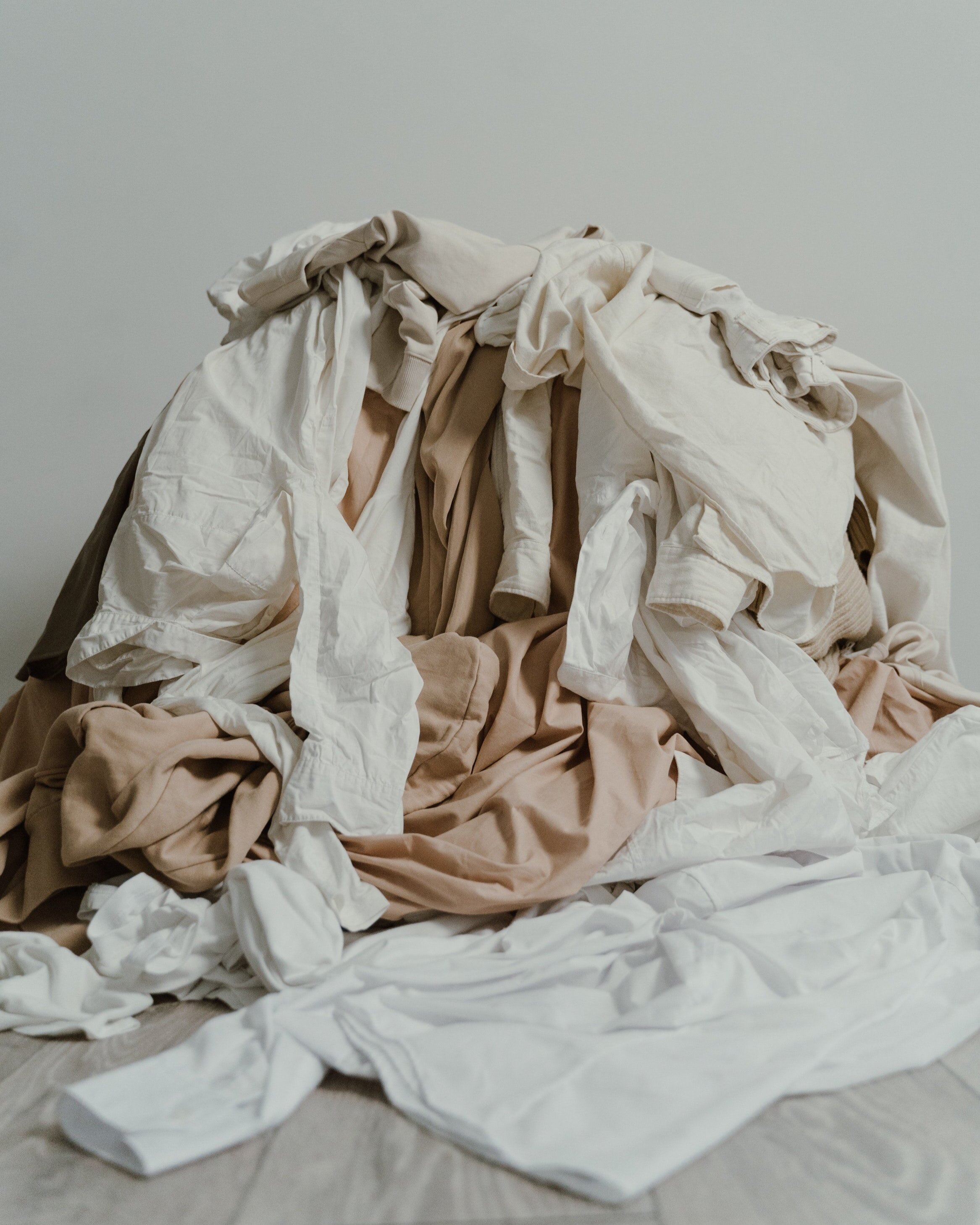Image: Indie Lee
Disclosure: Some of the links below are affiliated; we may earn a small commission if you click through and make a purchase. We only ever add brands & products we truly believe in. Thank you for supporting the brands who are making the fashion industry a better place!
The Best SUSTAINABLE & Non-Toxic SUNSCREENS
Summer usually comes with all the fun outdoor activities, trips to the beach, hikes in nature and picnics in the park. Days are longer, and we can finally absorb some much-needed vitamin D!
But we should also not forget to take extra precautions when exposed to the sun. Long-term, excessive sun exposure without sunscreen can lead to skin damage and premature aging, and in the worst cases, skin cancer.
However, most sunscreens on the market are made with harmful chemicals that are very toxic to human health. Chemical sunscreens penetrate the skin, which means that all their toxic ingredients are absorbed into the bloodstream. Many of those are known to cause serious health issues, including hormone disruption, allergies, and organ toxicity.
If that wasn’t enough, it is estimated that around 14,000 tons of sunscreen enter the ocean each year, contributing to the bleaching and death of coral reefs. Corals have not only been declining at an alarming rate, but this pollution also negatively impacts the fertility and health of all marine ecosystems.
For all those reasons, we should only buy non-toxic and sustainable sunscreens. To help you find safe and eco-friendly SPF, we have compiled a list of 16 brands selling sunscreens you can feel good about purchasing!
WHAT MAKES SUNSCREEN ECO-FRIENDLY?
When buying a product, we often think about the negative impact the packaging has on the environment. While it is something we should look at when choosing sunscreen, we should before anything else make sure the ingredients are sustainable, ocean-friendly, reef-safe and non-toxic.
Many sustainable brands are selling sunscreens in plastic tubes, but we should still support them if they make their sunscreen with clean ingredients.
Fortunately, more and more have been incorporating greener packaging: you can now find sunscreen packaged in cardboard, bioplastic, glass, or metal.
WHAT SUSTAINABLE INGREDIENTS SHOULD YOU SEARCH FOR?
If you are looking for sustainable SPF, go for mineral sunscreens. These are usually formulated with non-nano zinc oxide, which is a mineral sunscreen agent that protects the skin’s outer barrier by reflecting harmful UVA and UVB rays. It is also safe for human health and doesn’t harm coral reefs and marine ecosystems.
Eco-friendly sunscreens also contain other ingredients, but all of them are biodegradable and non-toxic, if not organic. These can include coconut oil, aloe vera, vitamin E, plant oils, shea butter, and any other plant-based ingredient.
In general, always stay away from chemical sunscreens formulated with harmful ingredients like parabens, oxybenzone, benzophenone, avobenzone and octyl methoxycinnamate to name just a few.
OUR TOP PICKS FOR NON-TOXIC, SUSTAINABLE SUNSCREENS:
1) Activist Skincare
Price: $20
Activist Skincare offers SPF 30 tinted mineral sunscreen that doubles as concealer or tinted moisturizer, with four shades from light to deep. These reef-safe, zinc-based formulas come in low-waste packaging that’s easy on the earth—from compostable sticks to minimalist pouches for the ultimate in sustainability.
Enjoy broad-spectrum protection with 80 minutes of water resistance in a creamy, silky texture that blurs imperfections while protecting your skin from UVA and UVB rays that cause premature aging.
Ingredients include red raspberry seed, tamanu and manuka oils and organic beeswax, all cruelty-free.
Activist also makes a line of high-performance, refillable skincare products and is a 1% for the Planet member.
use code SUSTAINABLYCHIC for 15% off
2) Kinfield
Price: $24
An SPF made for your water adventures, Kinfield’s Daily Dew SPF 35 is a water-resistant moisturizer. This unique formula hydrates skin while protecting your face with 100% mineral, broad-spectrum SPF 35. In addition, ingredients like sea kelp helps moisturize, aloe vera soothes, rice bran extract nourishes, glycerin hydrates, and sunflower extra calms.
Kinfield’s products are cruelty-free, paraben-free, sulfate-free, phalate-free, and vegan!
use code SUSTAINABLYCHIC15 for 15% off
3) Green Eco Dream
Price: $10-20
Green Eco Dream is a one-stop shop for everything eco-friendly, from home goods to beauty essentials and zero-waste products for on the go. On the company’s website, you can find SPF 30 and 50 sunscreens sold by sustainable brands like All Good and Raw Elements.
Whether you choose a sunscreen spray, butter or lotion, all sunscreens are cruelty-free and formulated with organic ingredients including non-nano zinc oxide. They are also reef-friendly and free of harmful chemicals.
Green Eco Dream is a member of 1% For The Planet, and it is carbon-neutral and certified by Green America. The company also ships its products 100% plastic-free and supports different environmental non-profits like Clean Miami Beach and Plastic Pollution Coalition.
use code SUSTAINABLYCHIC20 for 20% off
4) Indie Lee
Price: $42
From cleansers to moisturizers, Indie Lee has everything you may need when looking for natural, eco-friendly skincare products. The brand sells an unscented mineral sunscreen that provides broad-spectrum SPF 30 protection. Made with 20% uncoated zinc oxide, this natural sunscreen is also formulated with shea butter, squalane and aloe vera to keep your skin hydrated.
Indie Lee’s sunscreen dries down clean and can be used on all skin types and tones.
It is free of 1300+ harmful ingredients like parabens and phthalates, and it is Leaping Bunny certified, meaning that it is 100% cruelty-free.
The brand also offers carbon-neutral shipping, and it even takes your empties back so that they can get recycled!
5) Kindhumans
Price: $6-32
Kindhumans is an ethical marketplace where you can find all kinds of sustainable products, including clothing, home goods, and beauty and skincare products.
The online shop has different types of sunscreens by the brands Raw Elements and MANDA, such as sunscreen lotions, lip balms and sticks.
They are all formulated with non-nano zinc oxide and contain reef-safe, USDA-certified organic ingredients.
Most sunscreens are plastic-free and packaged in metal, cardboard or bioplastic derived from sugarcane. Kindhumans also donates 3% of each purchase to the cause of your choice, including causes that support humanitarian aid, kids or the environment.
The company is a certified B Corporation and a member of 1% For The Planet. It is also climate neutral, and it ships its products in packaging made of recycled materials.
6) Le Prunier
Price: $78
Le Prunier is a sustainable beauty brand that creates skincare products using organic plums. The fruits are grown, harvested and cold-pressed on a 106-year-old family-owned farm in California.
The brand sells an SPF 31 sunscreen, the Plumscreen®, which combines the skincare benefits of Le Prunier’s beauty oil with broad-spectrum sun protection. The ingredients protect the skin from UV damage, blue light and pollution, and they are all reef-safe.
The Plumscreen is rich in antioxidants and made using 100% upcycled plum kernels, which are a waste byproduct of the plum production. It also received different awards in 2021, including the Shape Magazine’s award for best SPF and the Oprah Daily’s O-award for best SPF for combo skin!
7) Cocokind
Price: $25
Cocokind is a skincare brand that sells sustainable products for glowy, happy skin. The brand offers two sunscreens that provide hydration as well as protection against UVA and UVB rays and environmental stressors like pollution.
Its mineral-based sunscreen lotion with SPF 32 is made using non-nano zinc oxide, microalgae and blue phytoplankton. These natural ingredients help prevent aging, skin damage and sunburns.
This sunscreen is fragrance-free and ideal for everyday use!
Cocokind also has an SPF 30 hybrid sunscreen, formulated with both mineral and chemical ingredients. This formula works well with blemish-prone skins, and it blends easily into the skin.
Whichever you choose, both sunscreens leave a soft, dewy finish on the skin. You will love that the brand breaks down the carbon footprint of each product on every packaging!
8) Biossance
Price: $30-42
Biossance uses innovative, patented biotechnology to create natural skincare products that are safe for humans, animals and the environment.
The brand sells a sheer broad-spectrum mineral sunscreen that can be used for all skin tones. This SPF 30 sunscreen leaves the skin with a non-greasy, dewy finish, and protects it from harmful UV rays. Biossance’s sunscreen is made using reef-safe and non-toxic ingredients, including 14% non-nano zinc oxide.
It is also formulated with squalane derived from sugarcane to moisturize the skin, as well as water lily which cools and calms the skin after being exposed to the sun.
This mineral sunscreen is vegan, Leaping Bunny certified and verified by the Environmental Working Group. Plus, Biossance offsets the carbon footprint of its entire shipping process!
9) 100% Pure
Price: $29-38
100% Pure is a clean beauty brand that makes cruelty-free skincare and makeup pigmented with real fruits. The brand has an SPF 30 sunscreen lotion that protects the skin against UV rays all while nourishing and hydrating it.
100% Pure’s sunscreen is made with mineral zinc oxide and infused with green tea, which has great anti-aging properties. It also contains other beneficial ingredients like vitamin E, aloe juice, cucumber juice and raspberry seed oil.
The brand also sells an SPF 20 moisturizer made with tomato lycopene, as well as an SPF 30 mist produced using Yerba mate tea.
100% Pure has been awarded the Green Business Certification, and with each purchase, it donates part of the proceeds to social and environmental organizations.
10) bioClarity
Price: $30-35
bioClarity is a skincare brand that creates unique products using plant-based formulas.
The company sells two SPF 30 mineral sunscreens, each made with non-nano zinc oxide.
While they both safeguard skin against UV rays, environmental pollutants and blue light, the SunFilter also doubles as an everyday facial moisturizer to provide lasting hydration.
Both sunscreens are formulated with bioClarity’s proprietary ingredient Floralux®, a blend of chlorophyllin, copper and antioxidants that has been proven to reduce acne and help minimize premature aging.
bioClarity’s sunscreens are designed for blemish-prone skin but they work well on all skin types. They are absorbed quickly without leaving a white cast, and they are reef-safe, non-toxic, vegan and Leaping Bunny certified.
11) Solara Suncare
Price: $16-64
Solara Suncare is a vegan skincare brand specialized in the production of sunscreens and other suncare products.
It has a large selection of products with SPF 30 or 50 to help protect your skin from harmful UV rays.
Whether you choose a sunscreen lotion, stick, mist or serum, each of them contains Solara's proprietary 10-active botanical blend.
Formulated with antioxidants, vitamins, omega 3, 6 and 9, as well as anti-inflammatory ingredients, the brand’s sunscreens will boost your skin’s protective barrier and promote cellular level response after sun exposure.
They are also free of more than 1,500 ingredients banned in the European Union. Solara’s sunscreens are reef-friendly, Leaping Bunny certified and some are even EWG verified!
12) Banyan Tree Essentials
Price: $33
Banyan Tree was initially founded to host retreats of rest and rejuvenation in one of its resorts and spas. The brand quickly created its own bath and body line and aromatherapy collection.
Banyan Tree has a natural, non-nano mineral sunscreen with SPF 30 that is formulated to shield skin against sun damage. Made using zinc oxide and titanium dioxide, the sunscreen also contains coconut oil and red seaweed extract which provide hydration and protect cells from free radicals.
The sunscreen is reef-safe and made to minimize its impact on the marine environment. The brand also does not test on animals, and it uses eco-friendly packaging, including fabric wraps made of used plastic bottles and gift boxes handcrafted using mulberry paper.
13) REN Skincare
Price: $40
From moisturizers to shampoos, to serums to toners, REN Skincare has everything you may need for your everyday skincare routine!
The brand sells a mineral SPF 30 sunscreen made for broad-spectrum sun protection. It can be used on most skin types, including sensitive and oily skins.
REN’s sunscreen is formulated with natural ingredients like 22% non-nano zinc oxide.
It also contains rice starch to help mattify the skin, and passionfruit seed extract for a boost of antioxidants to protect the skin from free radicals.
The sunscreen is vegan and made using post-consumer recycled plastic. REN Skincare has been cruelty-free since its creation, and the brand is a partner of the Surfrider Foundation which supports beach cleanups and ocean conservation.
14) Suntegrity
Price: $24-55
Suntegrity is a brand that creates all kinds of skincare products with SPF 30 and 50. It offers a wide variety of sunscreens that deliver broad-spectrum sun protection: you can choose between sunscreen lotions, sticks and sprays, and it even has several sunscreen moisturizers.
Suntegrity’s mineral sunscreens are formulated with non-nano zinc oxide and are packed with antioxidants and amino acids to help with skin repair. Most of them also contain organic ingredients, and they are all cruelty-free.
The brand uses bioplastic tubes derived from sugarcane for some of its sunscreens, and it even has a refillable option!
Plus, Suntegrity was awarded “Champion” Status by the EWG/Compact for Safe Cosmetics and received an A+ rating by the Better Business Bureau.
15) COOLA
Price: $10-52
COOLA is specialized in the creation of suncare and skincare products using sustainably-sourced, plant-derived ingredients. This company should be your go-to brand whenever you are looking for sunscreen! It has various sunscreens available in different forms, including lotions, lip balms, sprays, serums and sticks.
While most of them have an SPF of 30 or 50, COOLA also has a sunscreen spray and lotion that provide SPF 70 broad-spectrum sun protection. Perfect for long days under the sun!
The brand makes its formulas using at least 70% certified organic ingredients, and they are all vegan, cruelty-free, and reef-safe. COOLA’s sunscreens are free of over 1,000 harmful chemicals, and all their tubes are made of sustainably-sourced sugarcane resin.
16) Larkly
Price: $17-32
Larkly is an American brand that sells refillable, all-natural SPF 30 sunscreen. The company’s sunscreen is a mineral powder that gives you complete protection from UVA and UVB rays.
It is formulated using natural sunblock ingredients like zinc oxide and titanium dioxide. It also contains green tea, licorice root extract and resveratrol, three antioxidants that protect the skin from environmental damage.
Larkly’s sunscreen is reef-safe, vegan and cruelty-free. Plus, it does not leave your skin with a greasy or chalky finish.
Larkly’s sunscreen comes in a convenient container with a soft, large brush, making applying the powder very easy and fun! The brand also sells the powder alone so that you do not have to repurchase a new brush every time you run out of sunscreen.
About the Author
Eva Astoul is a French freelance writer, specializing in content related to sustainability, simple living, and a growth-focused healthy lifestyle. She runs her own blog, Green With Less, to inspire people to live a more minimalist and sustainable life.
MAKE SURE TO PIN THE PHOTO BELOW TO SAVE THIS POST FOR LATER!
WANT MORE SUSTAINABLE BRANDS? VISIT OUR BRAND DIRECTORY!
Our Brand Directory is home to hundreds of sustainable brands, from makeup to cleaning supplies, from underwear to shoes. We have broken everything down by category for easy shopping, along with discount codes unique to Sustainably Chic viewers.















